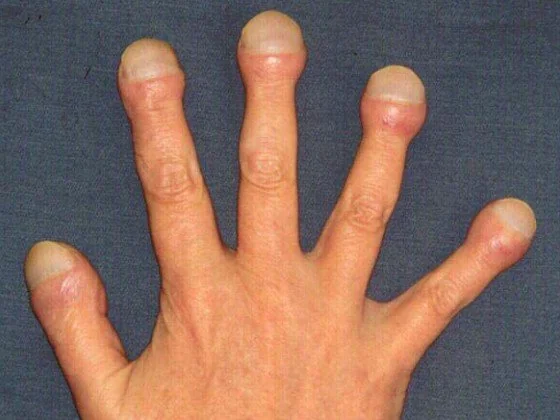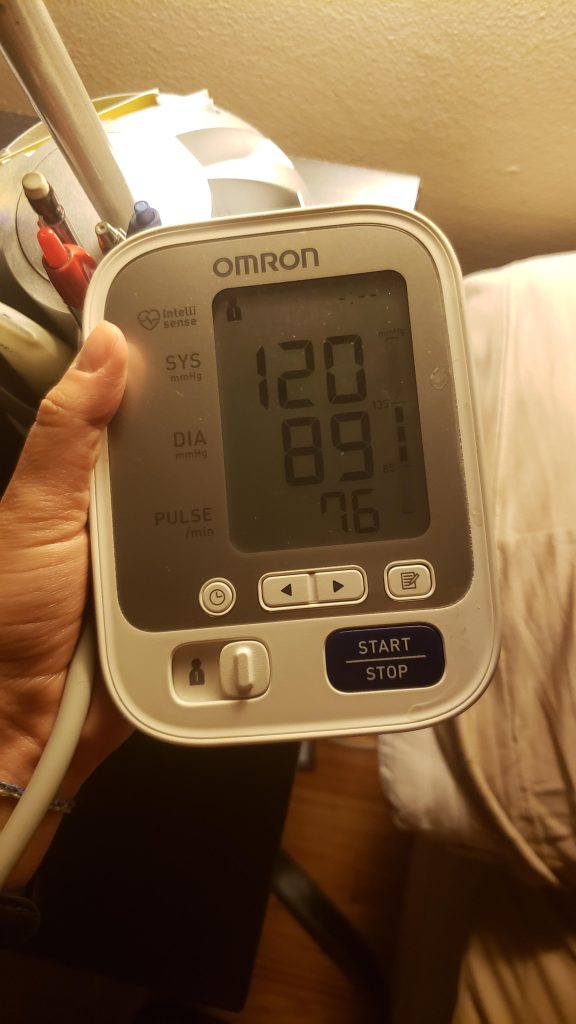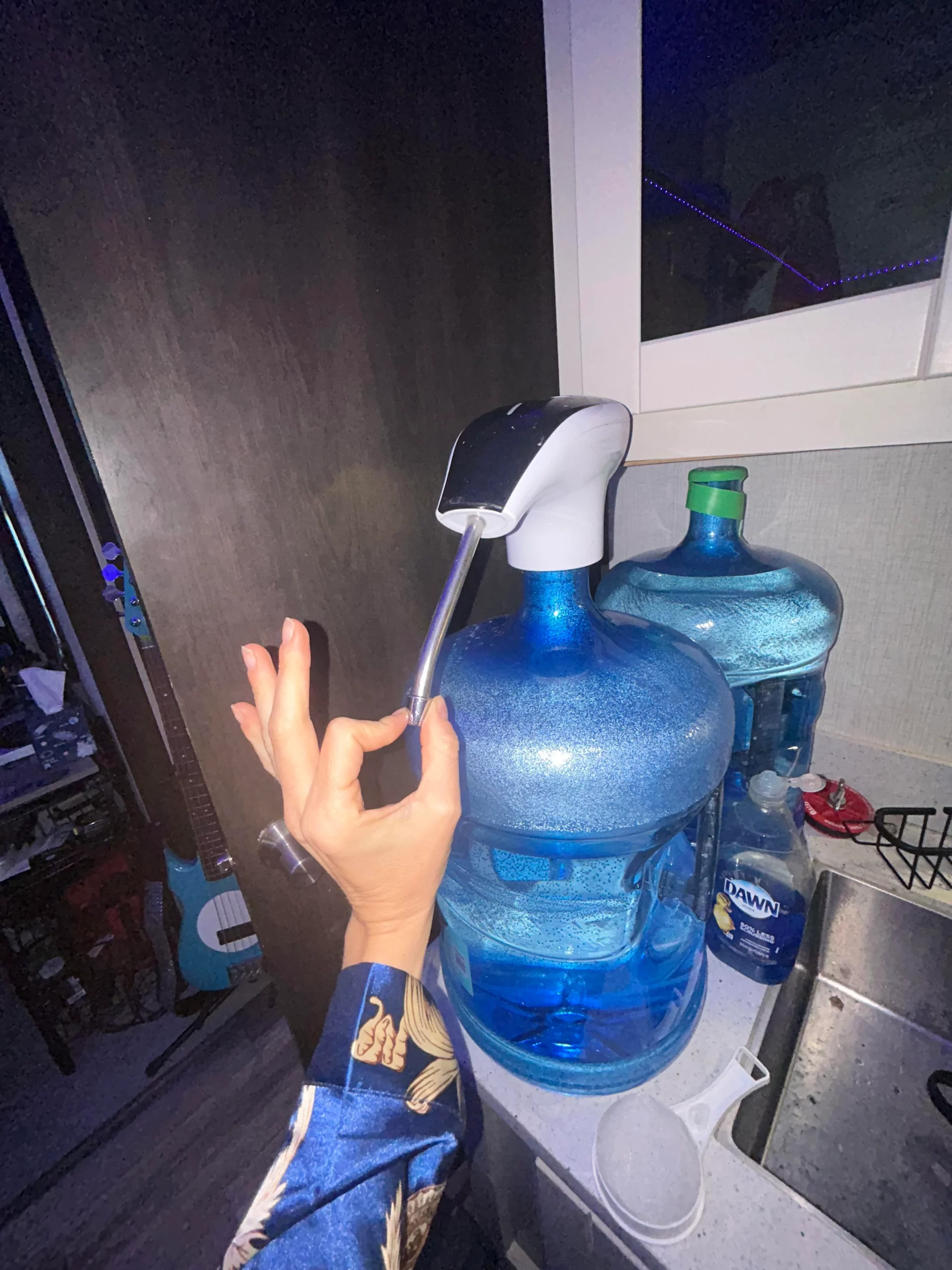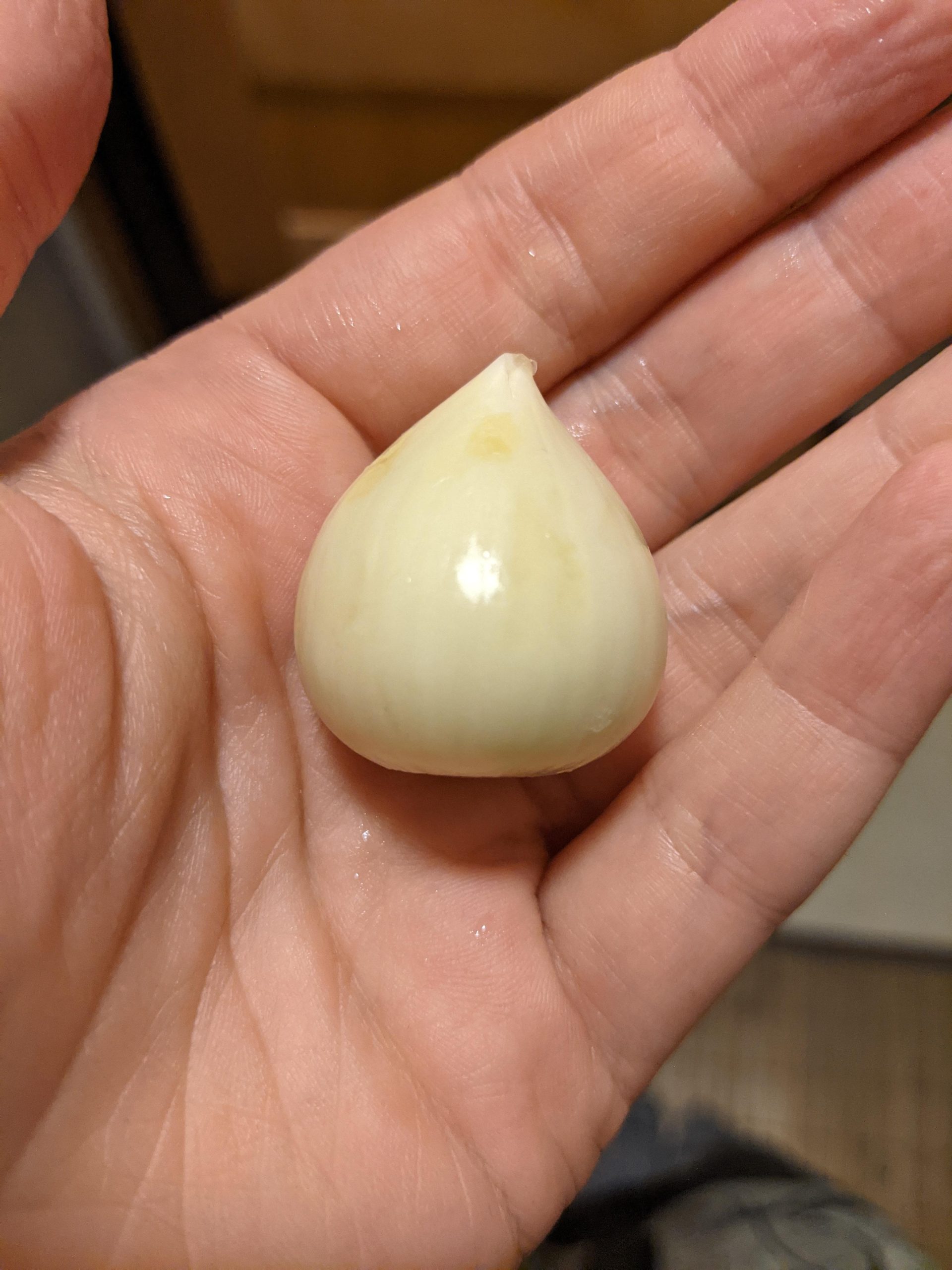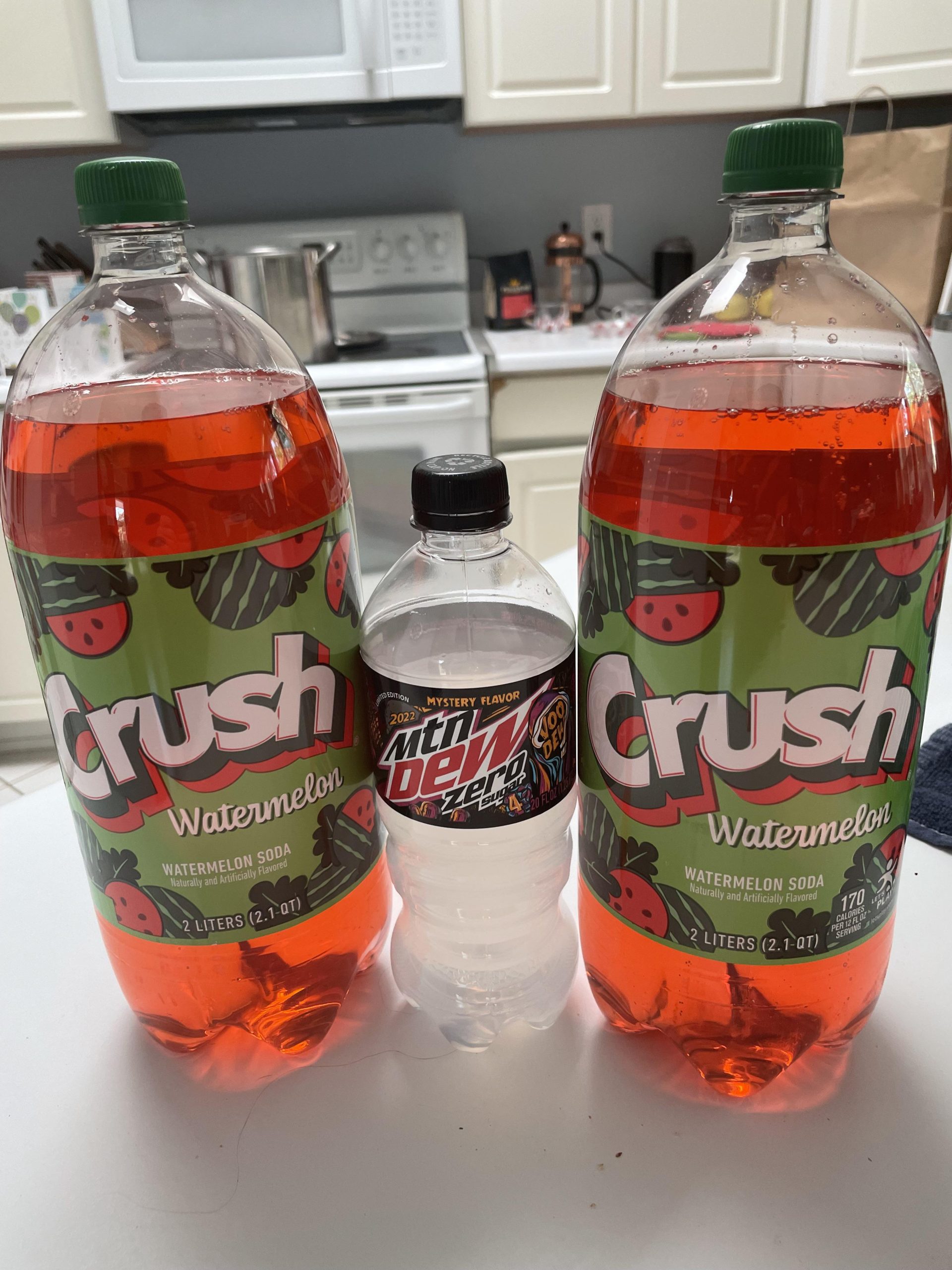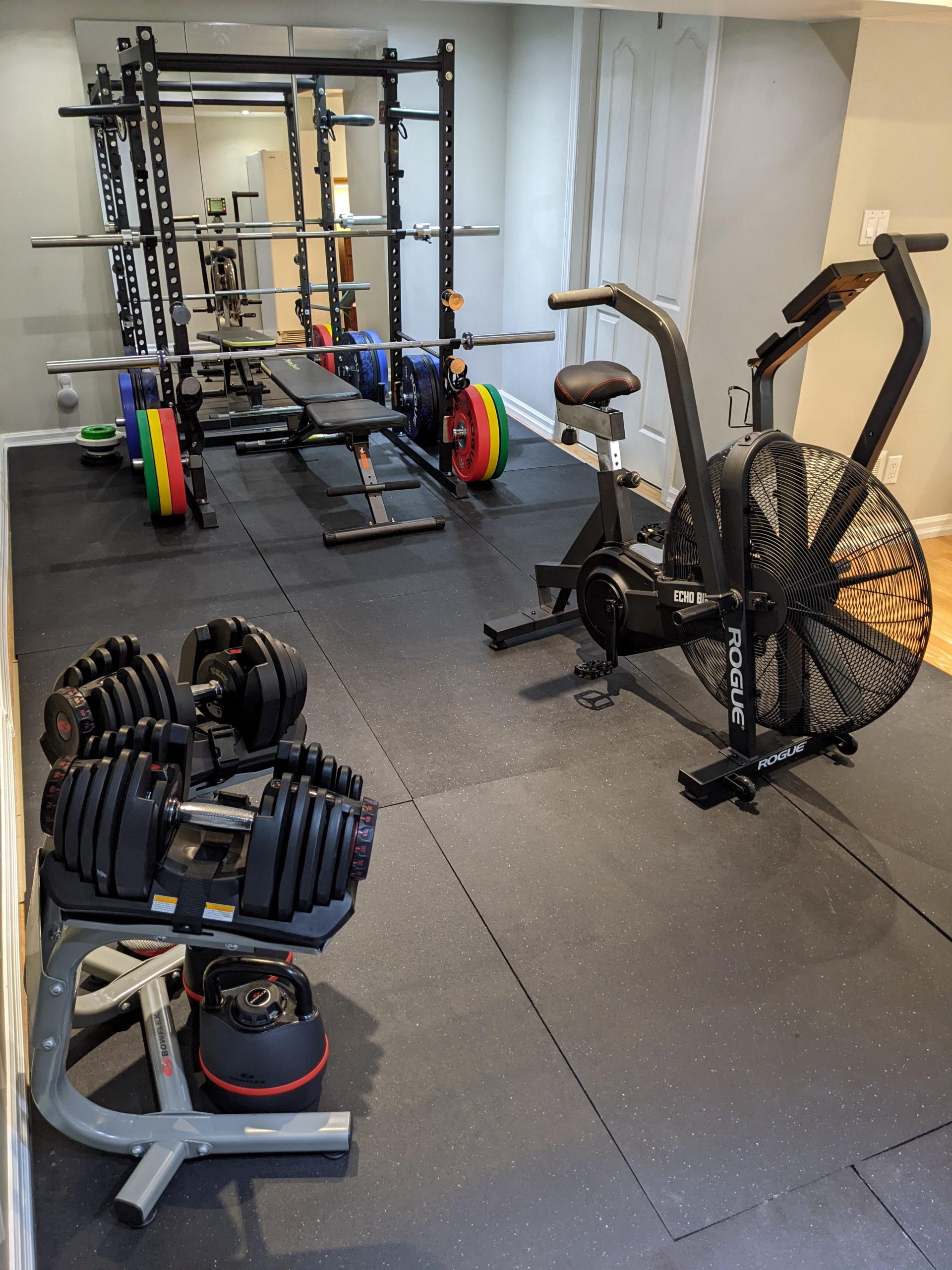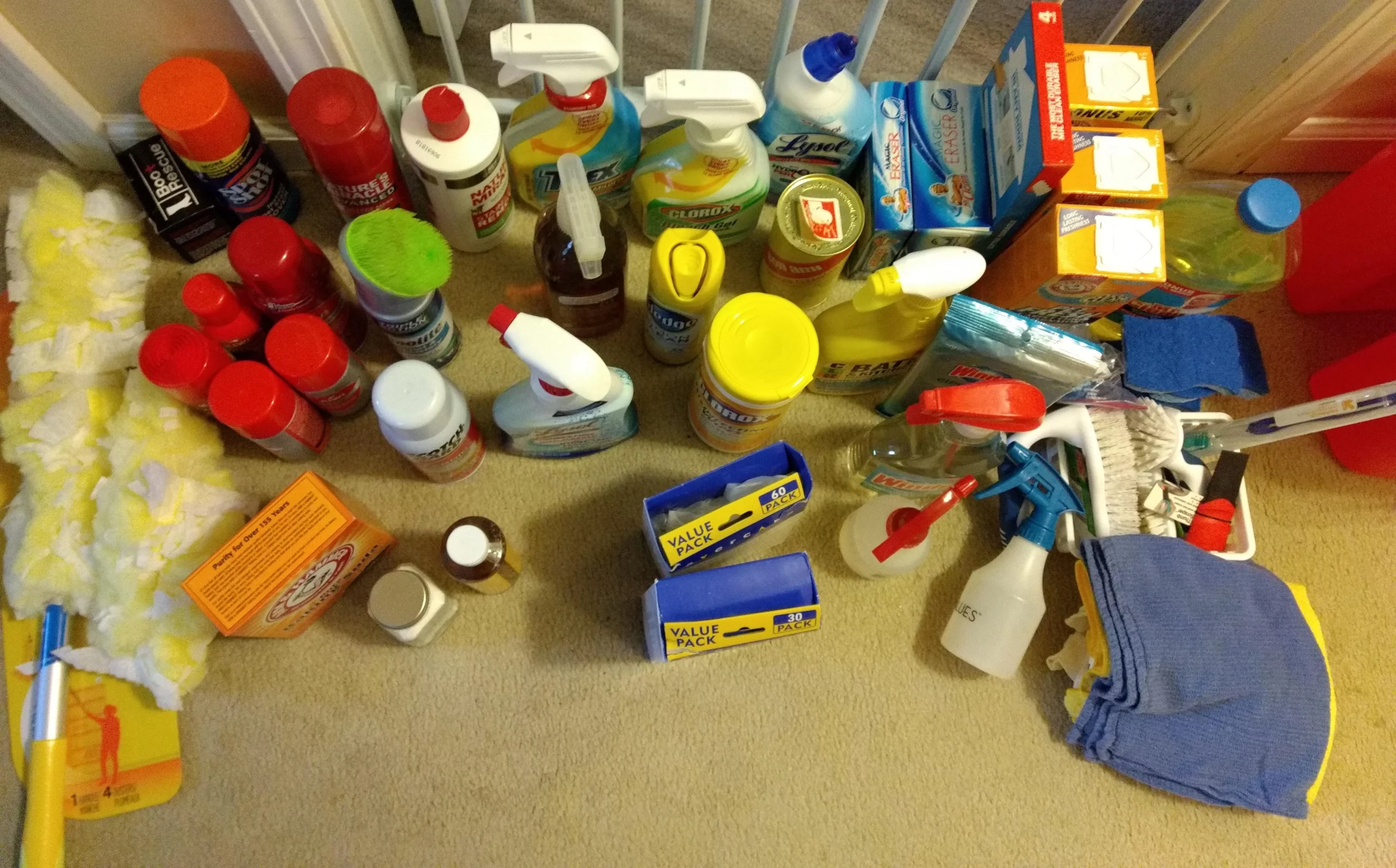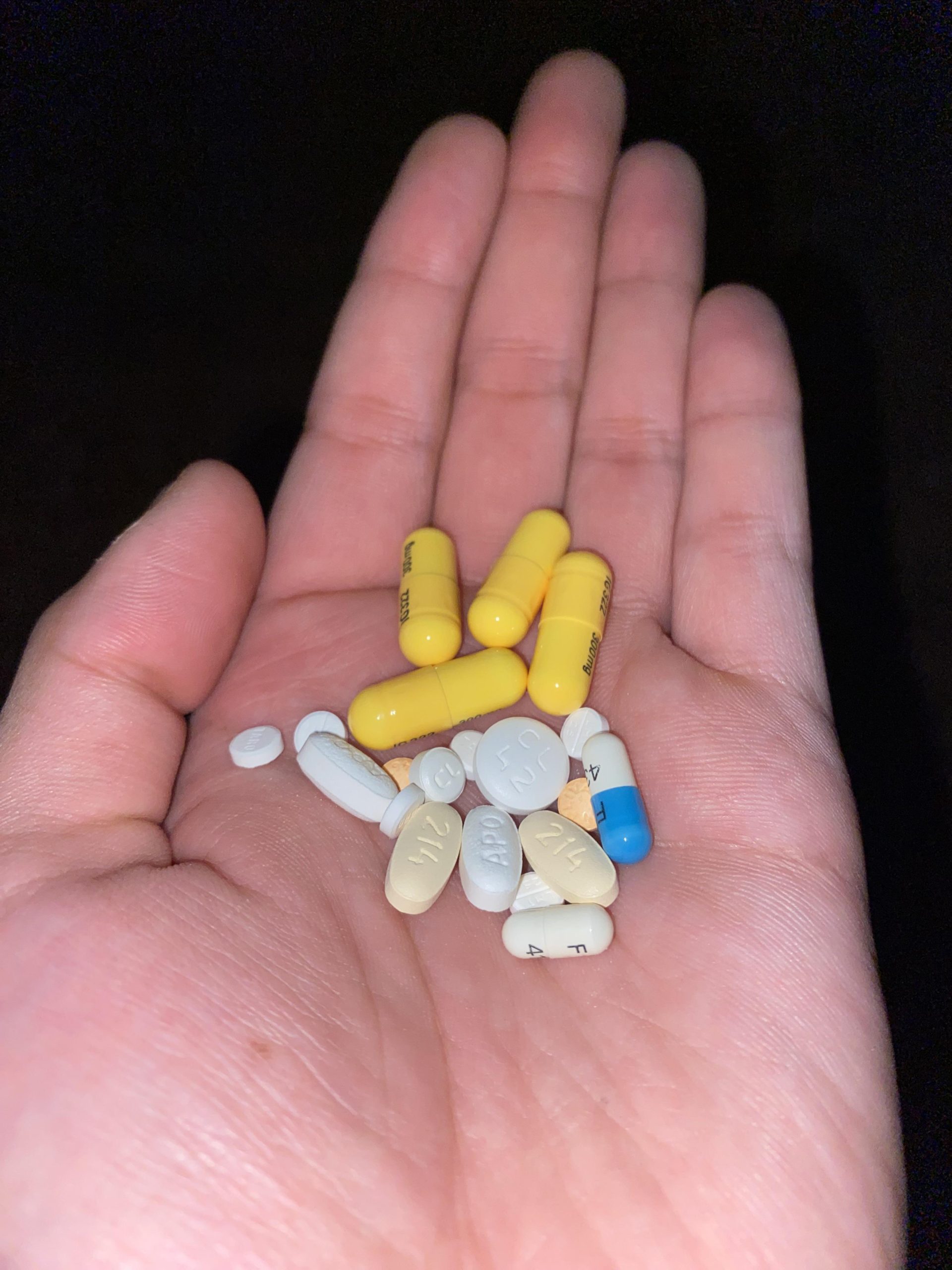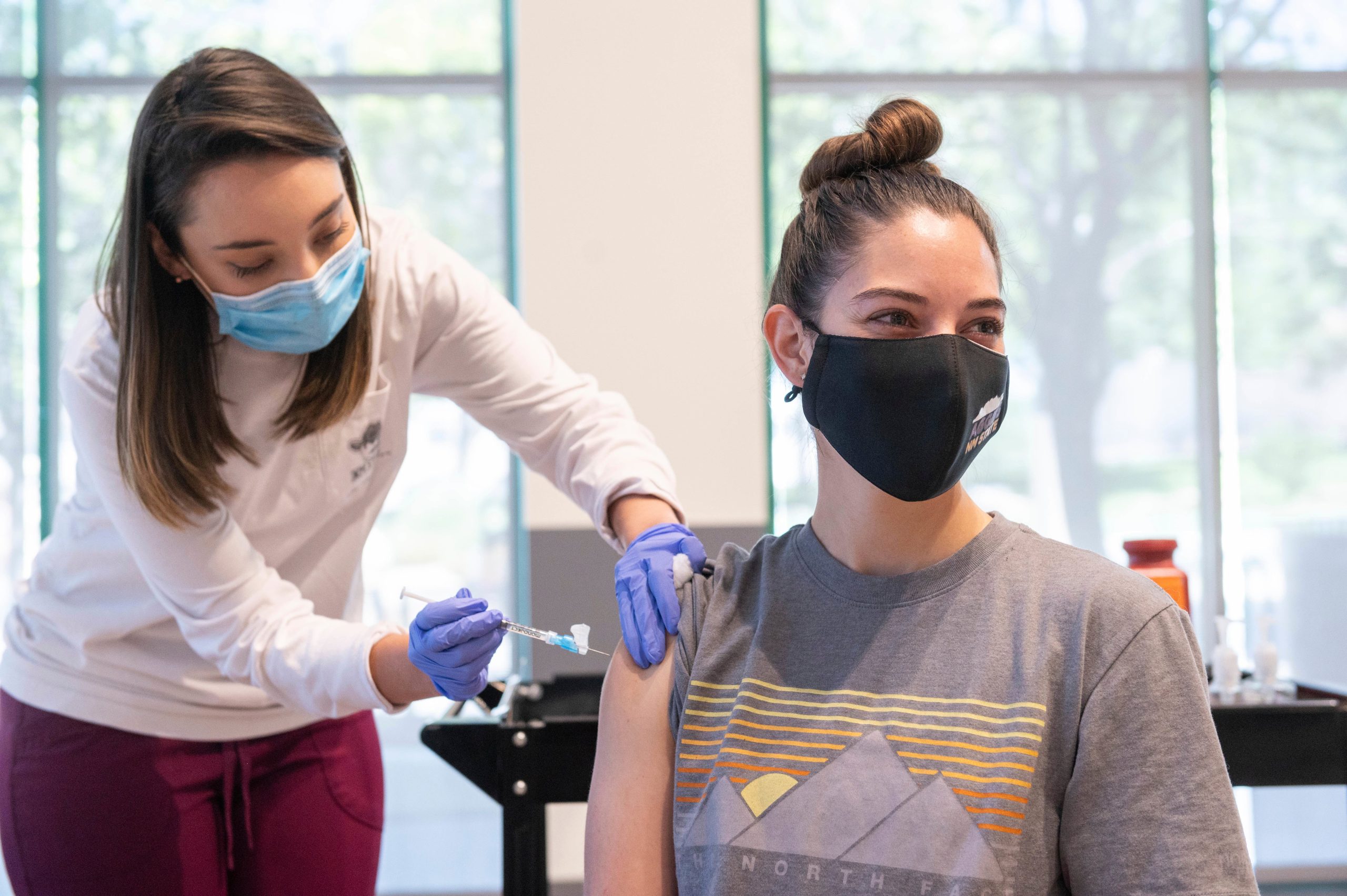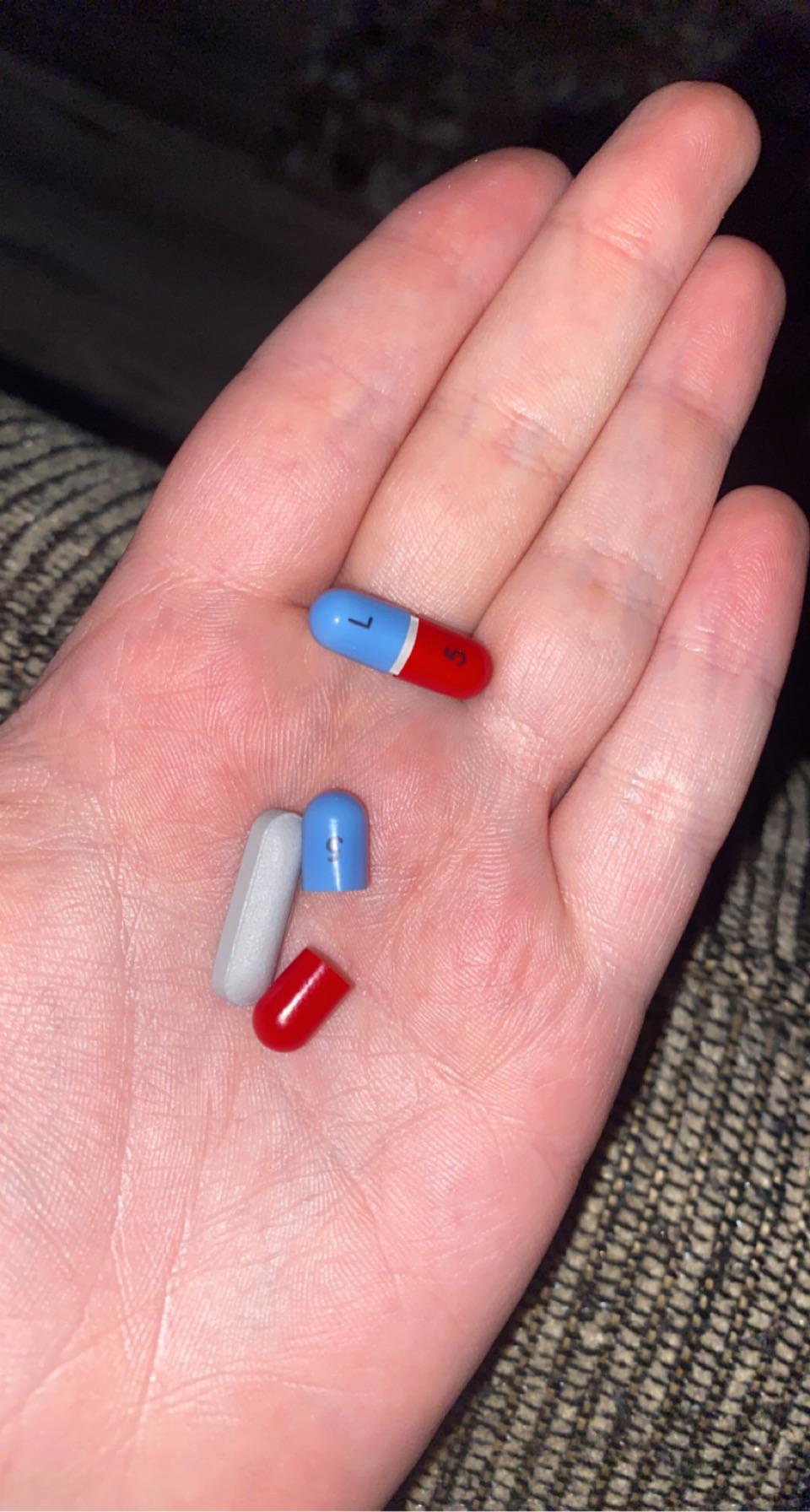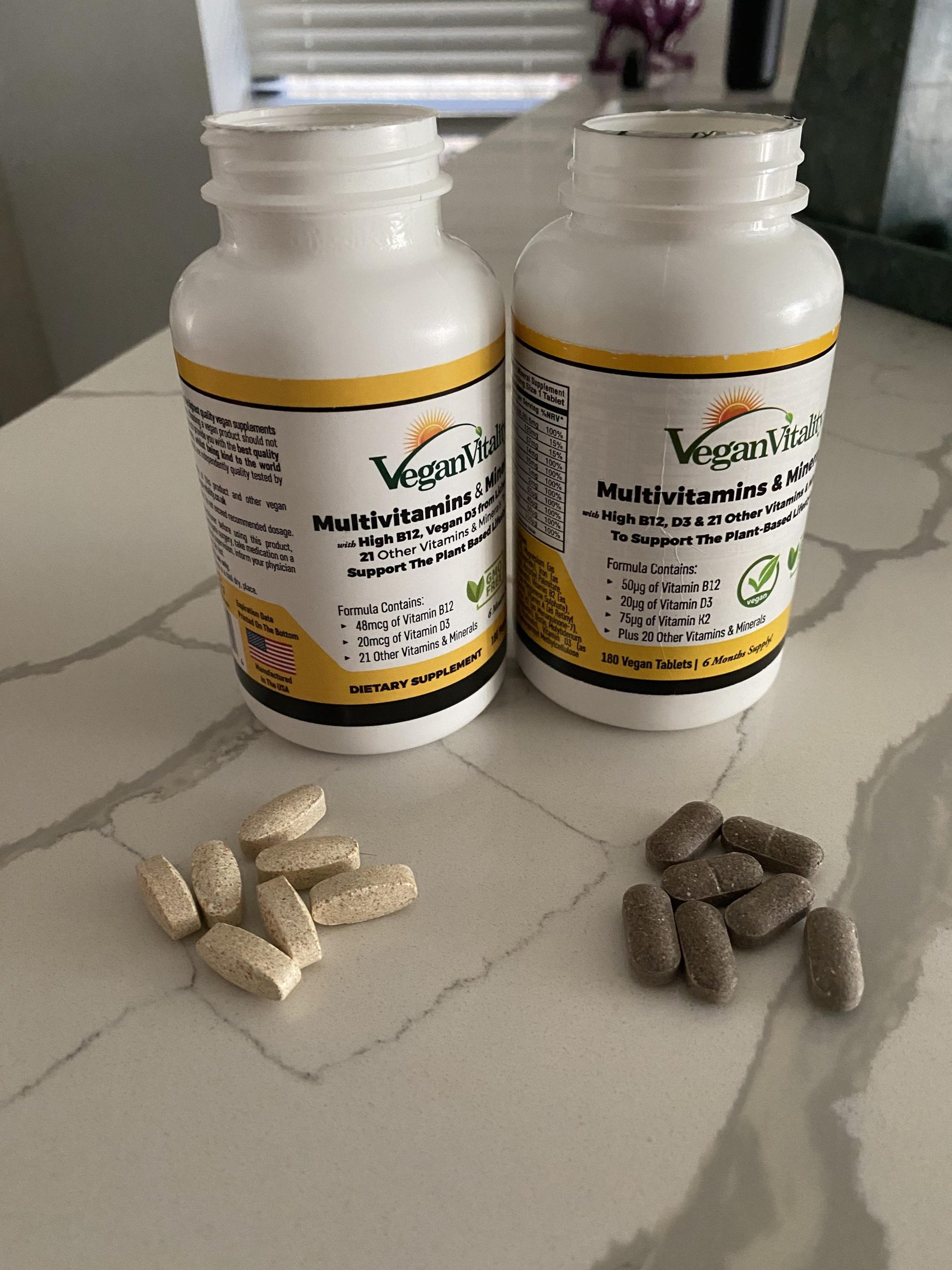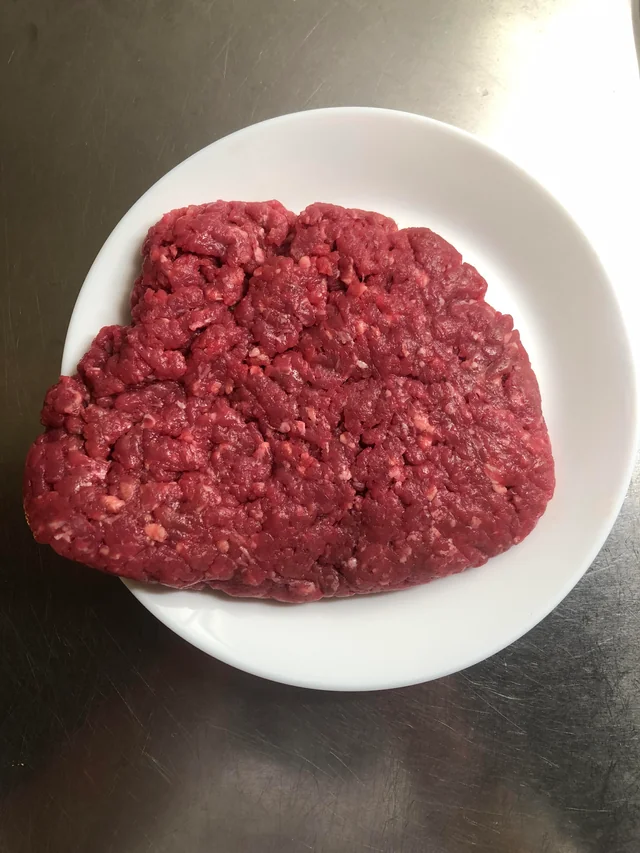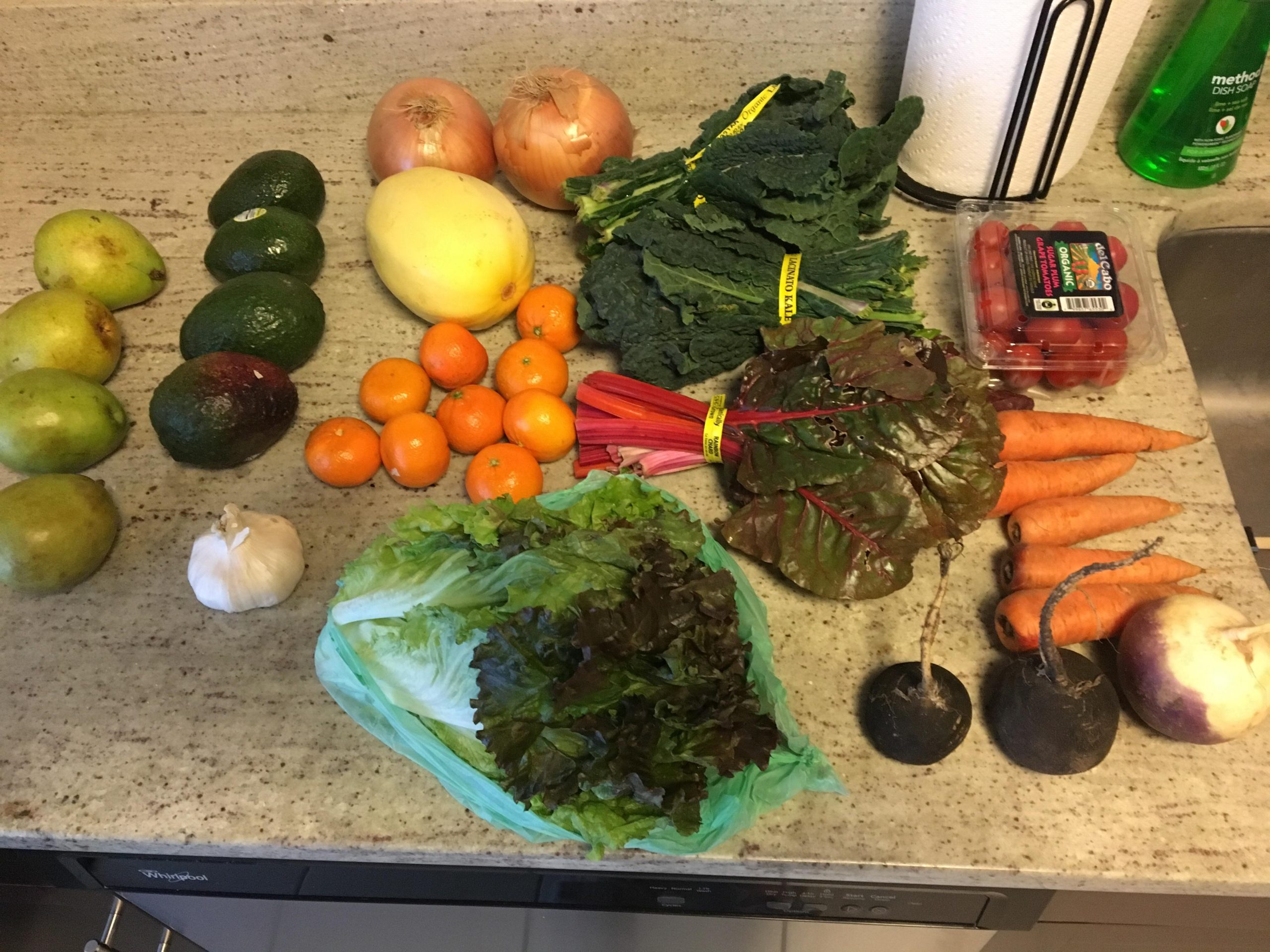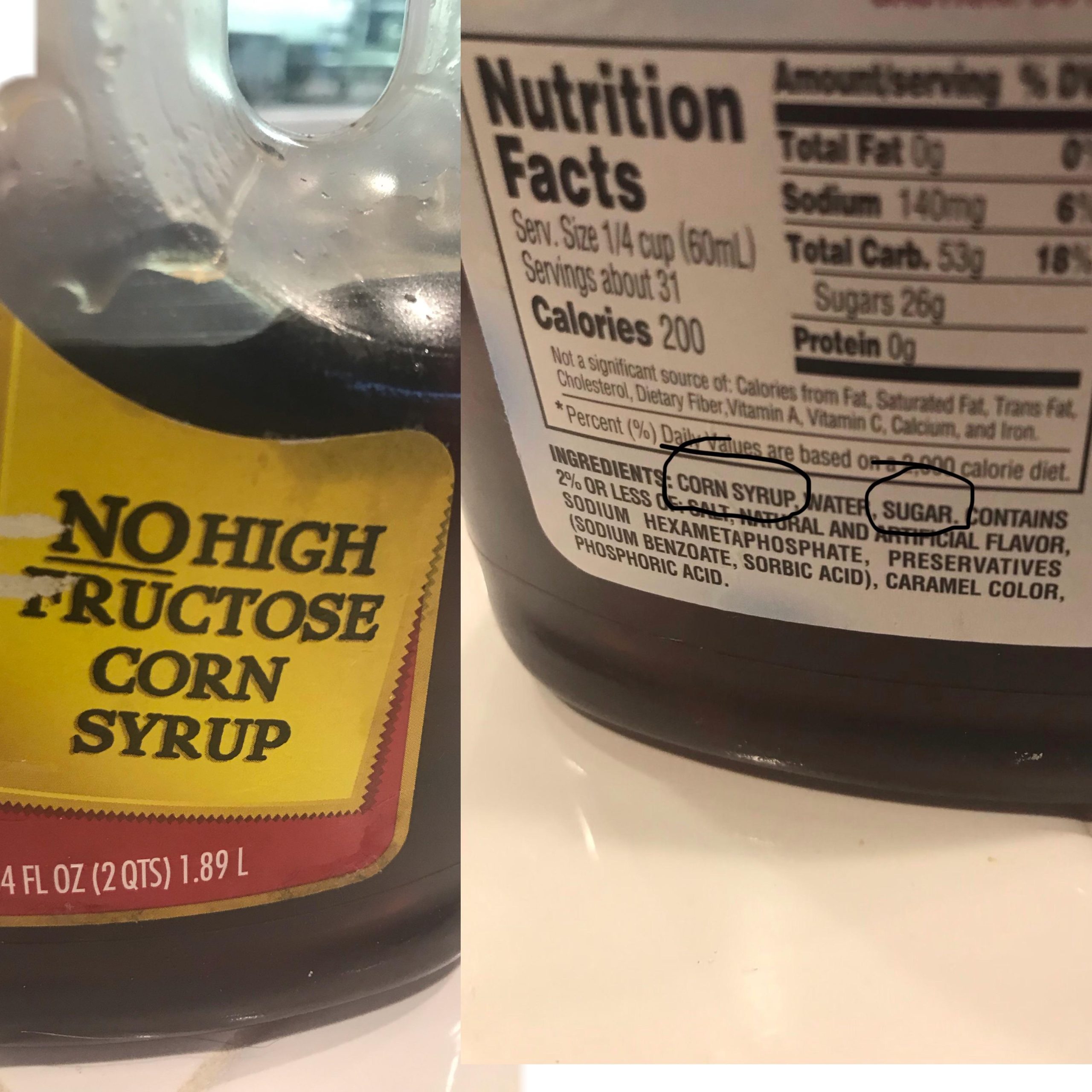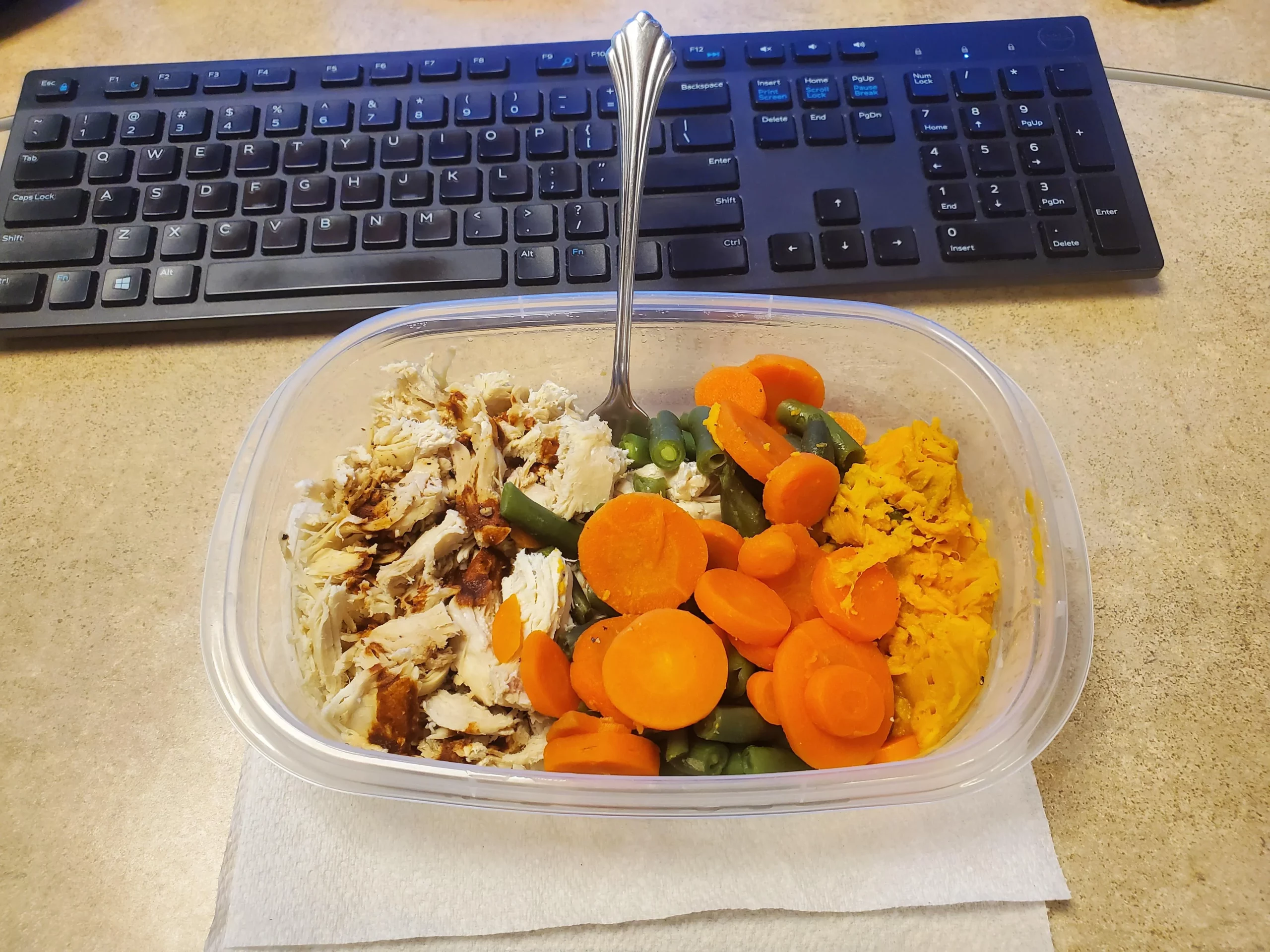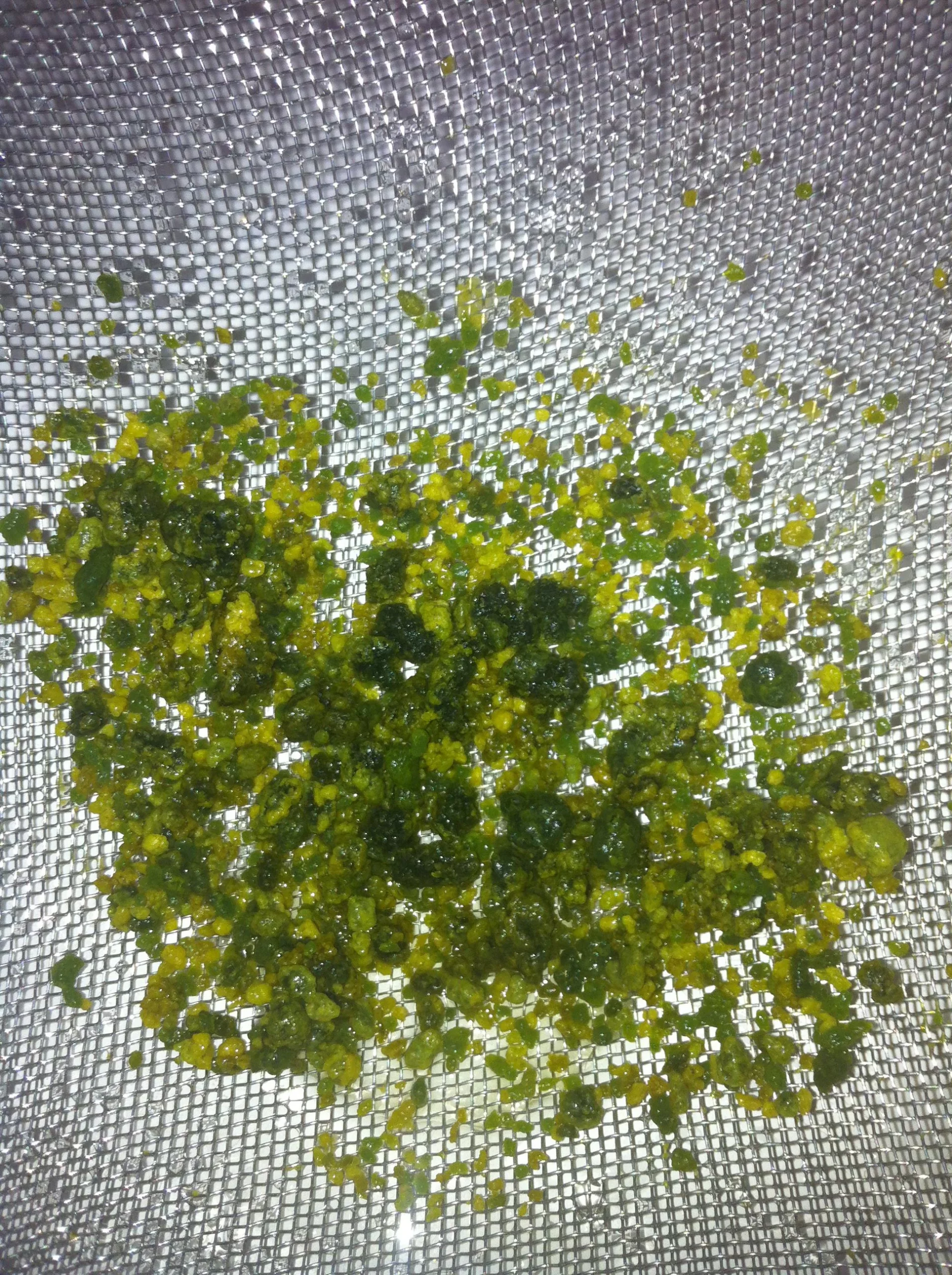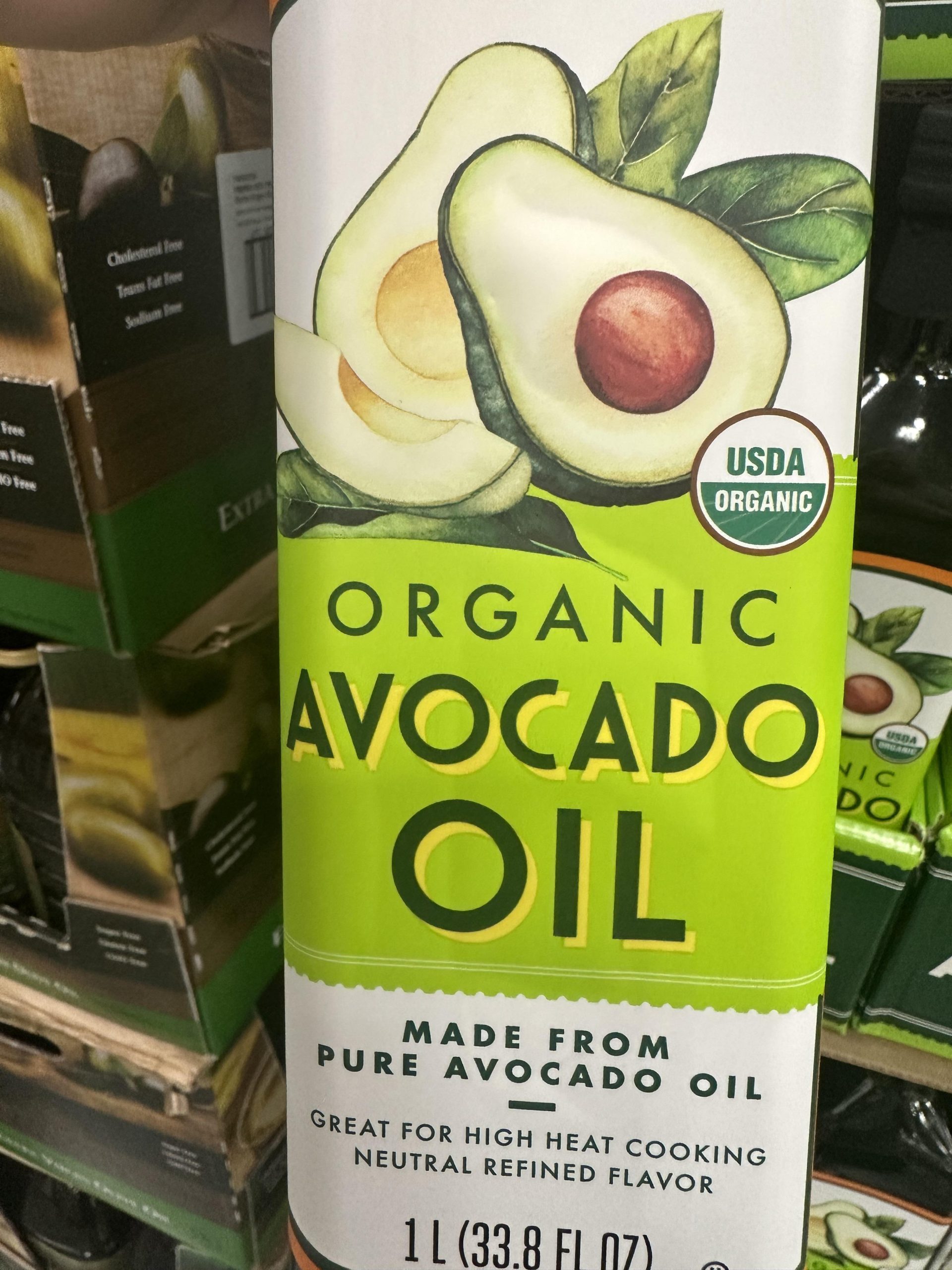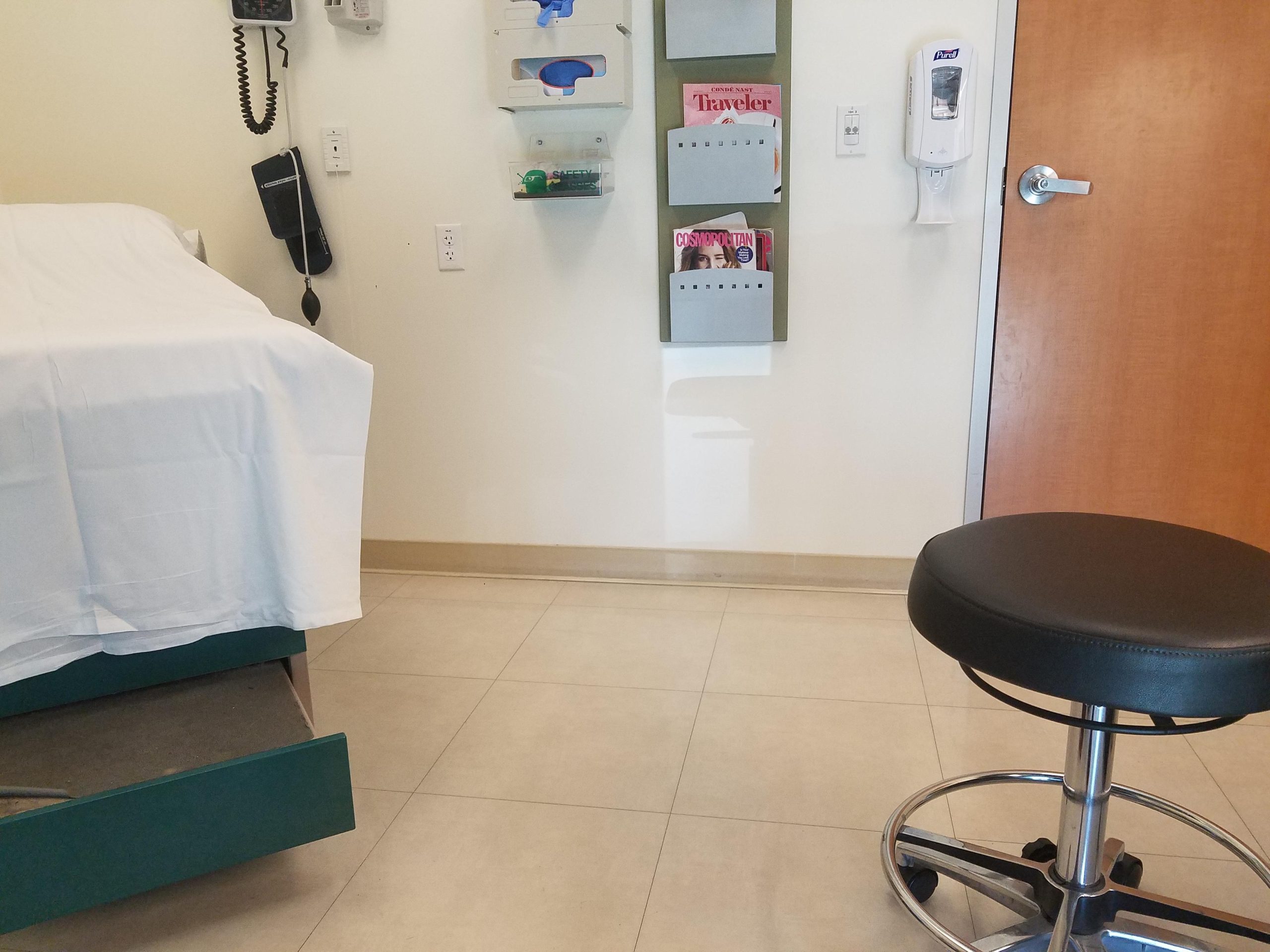
10 Warning Signs Your Liver Is Overworked
You have a huge decrease in energy levels
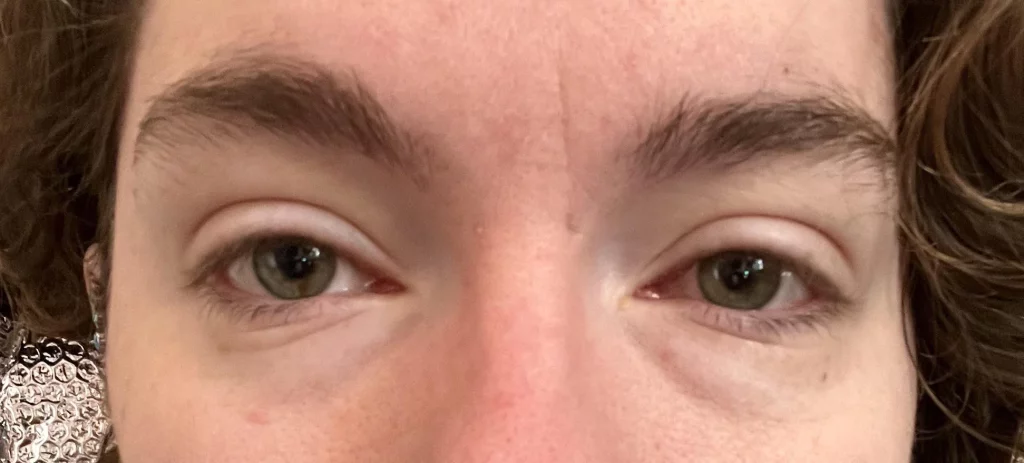 image source: reddit.com
image source: reddit.com
An overworked liver may lead to increased fatigue and decreased energy levels. The liver plays a vital role in energy metabolism, and when it's overloaded with toxins or metabolic byproducts, it can result in feelings of tiredness and lethargy. Most people just accept that they're tired all the time without wondering why!Advertisement
You're having a lot of digestive issues
 image source: reddit.com
image source: reddit.com
Problems with digestion, such as bloating, gas, constipation, or diarrhea, can indicate an overworked liver. The liver produces bile, which aids in the digestion of fats, and when the liver is stressed, bile production may be affected, leading to digestive disturbances. Most people wouldn't link their digestion with their liver.Advertisement
Sudden or increased abdominal discomfort
 image source: reddit.com
image source: reddit.com
Pain or discomfort in the upper right abdomen, where the liver is located, can be a sign of liver overwork. This may manifest as a dull ache, heaviness, or fullness in the area. It's important when suffering with any abdominal pain to pinpoint whether it's localized to a specific area, where certain organs are.Advertisement
You're having skin problems like acne
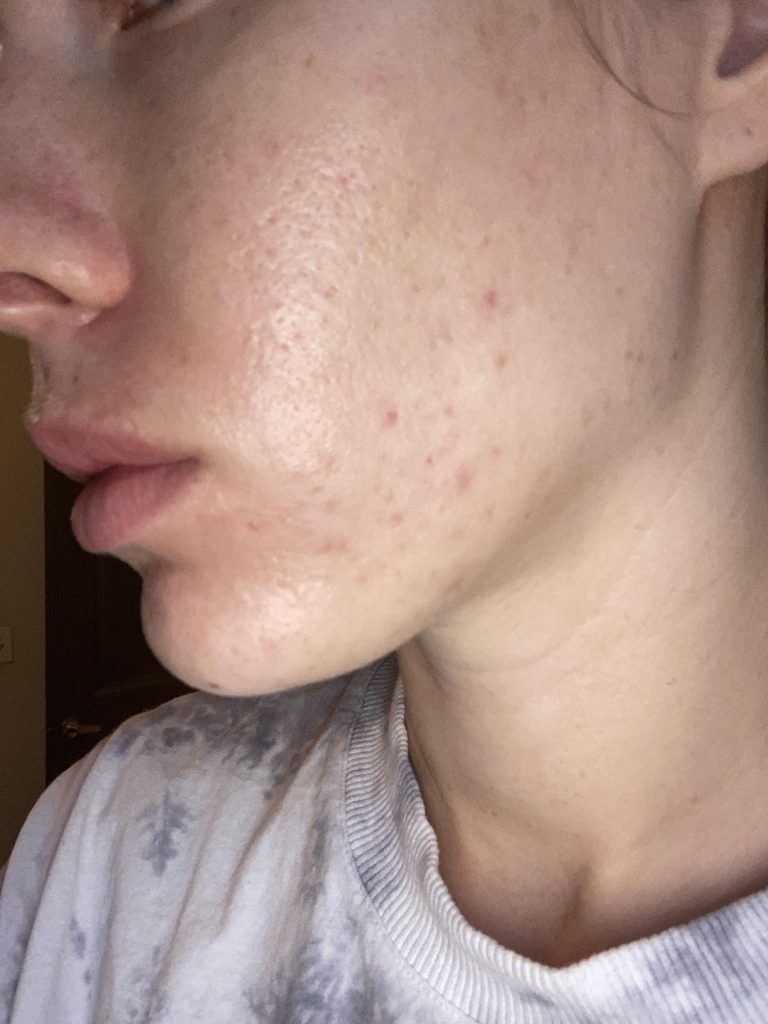 image source: reddit.com
image source: reddit.com
Skin issues like acne, eczema, or psoriasis can be indicative of an overworked liver. The liver helps eliminate toxins from the body, and when it's overwhelmed, toxins may be expelled through the skin, leading to various dermatological issues. There are many causes for acne, and usually people don't think of their liver first.Advertisement
You've gained weight unexpectedly (and can't seem to shake it off)
 image source: reddit.com
image source: reddit.com
An overworked liver can impact metabolism and fat storage, leading to weight gain or difficulty losing weight despite efforts to eat healthily and exercise regularly. Unexpected weight gain if you haven't necessarily been overeating or avoiding exercise is usually an indication of something else going on.Advertisement
You're more sensitive to chemicals
 image source: reddit.com
image source: reddit.com
Heightened sensitivity to chemicals in the environment, such as perfumes, cleaning products, or pollutants, can indicate an overworked liver. The liver processes and detoxifies chemicals, and when it's overloaded, sensitivity to these substances may increase as a result.Advertisement
You have hormonal imbalances
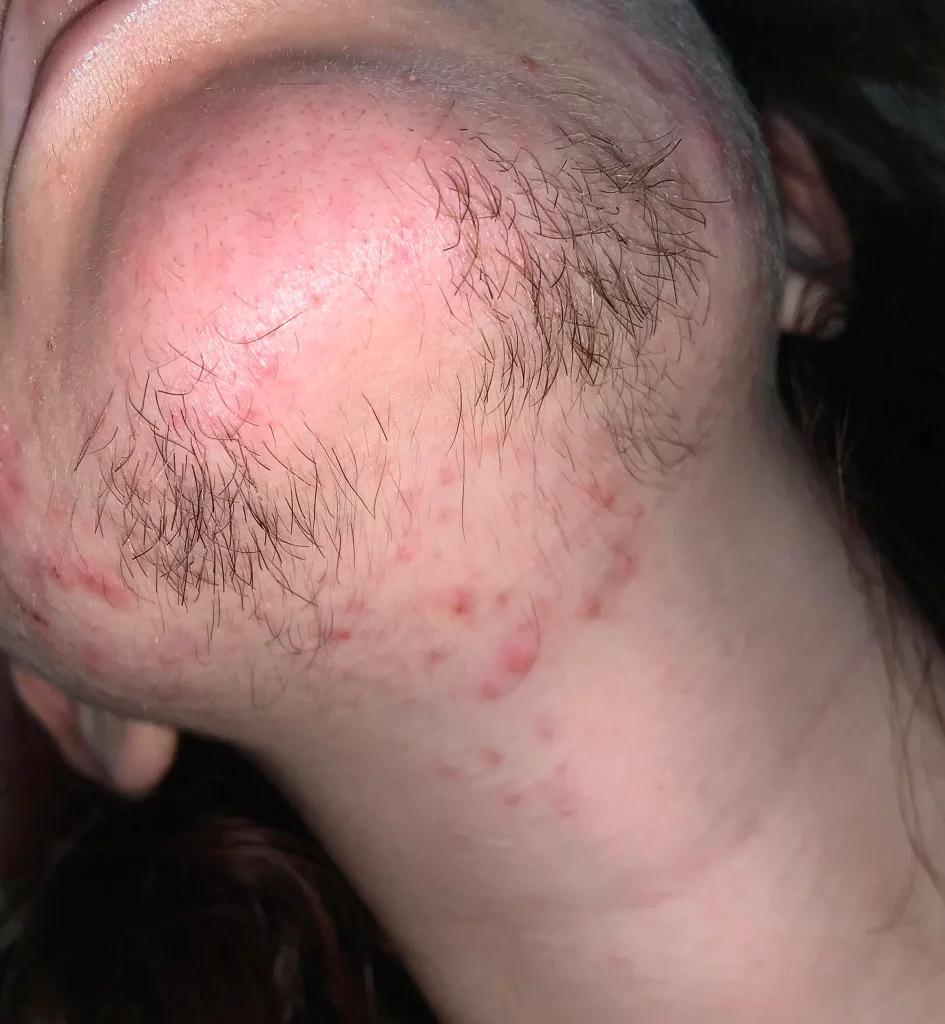 image source: reddit.com
image source: reddit.com
Hormonal imbalances, including irregular menstrual cycles, mood swings, or decreased libido, may occur when the liver is overworked. The liver helps metabolize hormones, and disruptions in liver function can lead to hormonal dysregulation, which can be shown through thinks like excessive spots or hair growth.Advertisement
You're suffering from persistent bad breath
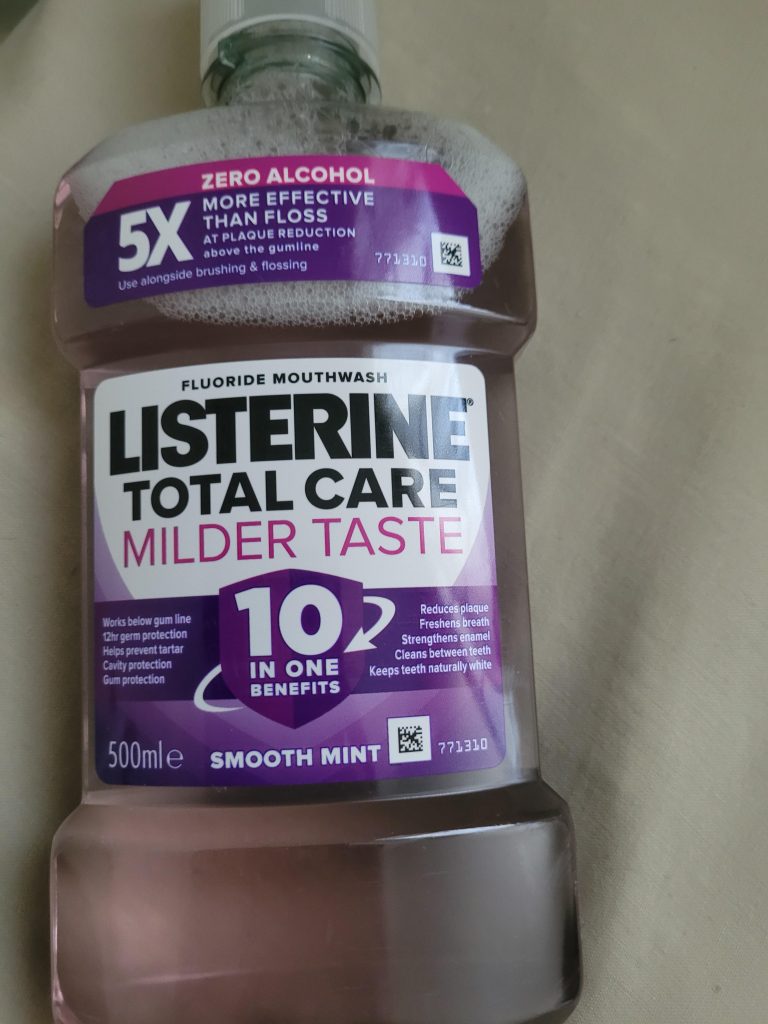 image source: reddit.com
image source: reddit.com
Persistent bad breath or a foul taste in the mouth can be a sign of an overworked liver. When the liver is stressed, it may not effectively eliminate toxins from the body, leading to unpleasant breath odor or taste. There are many other causes of bad breath, so it's important to narrow it down!Advertisement
You're dealing with fluid retention
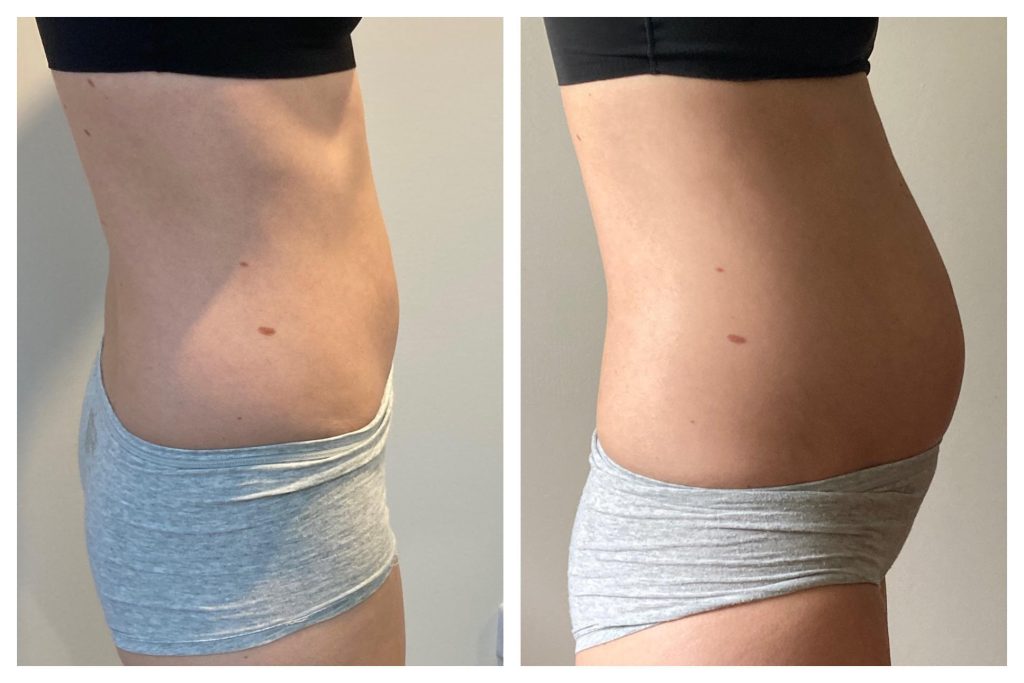 image source: reddit.com
image source: reddit.com
Edema or fluid retention, particularly in the ankles, feet, or abdomen, can indicate liver overwork. The liver plays a role in regulating fluid balance in the body, and when it's overwhelmed, fluid retention may occur, and particularly in those obvious places like close to the liver or around the stomach.Advertisement
You're suddenly more sensitive to alcohol
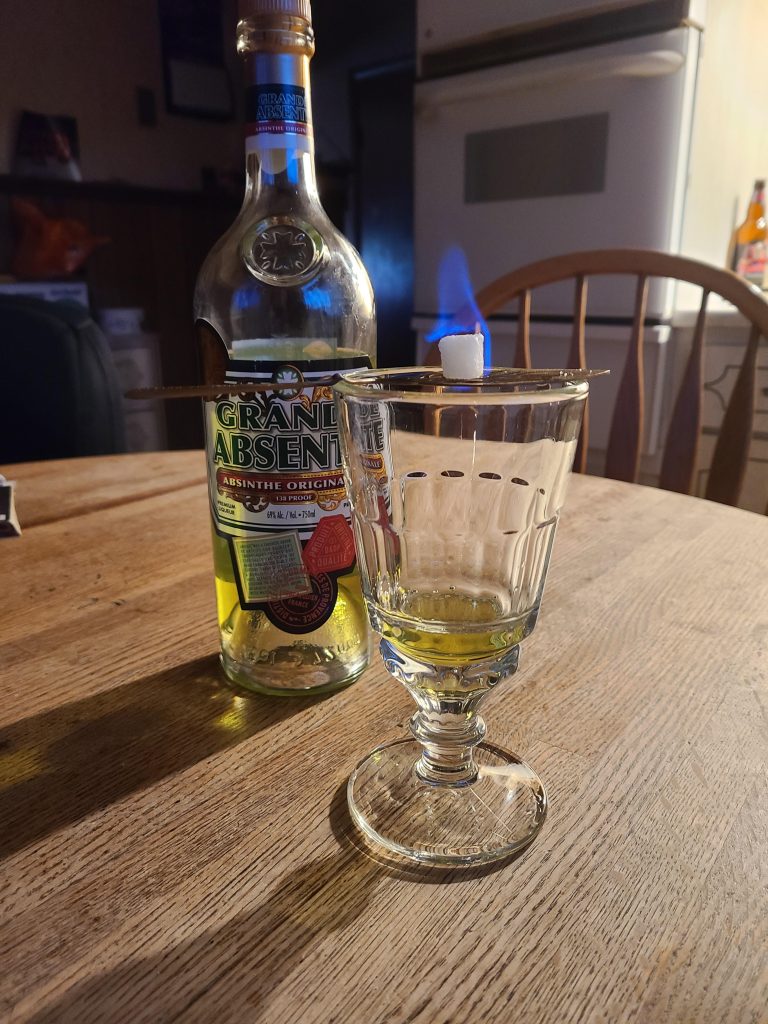 image source: reddit.com
image source: reddit.com
Heightened sensitivity to alcohol or experiencing hangover-like symptoms even after consuming small amounts of alcohol can suggest an overworked liver. Alcohol is metabolized in the liver, and when it's overburdened, the body may have difficulty processing even moderate amounts of alcohol efficiently.Advertisement
You're suffering from jaundice
image source: reddit.com
Yellowing of the skin and eyes due to elevated levels of bilirubin in the blood, often indicating liver dysfunction. Jaundice is a common symptom of liver problems, typically occurring when the liver is unable to process bilirubin effectively, leading to its buildup in the body. This can be a sign of various liver conditions.Advertisement
You always feel sick
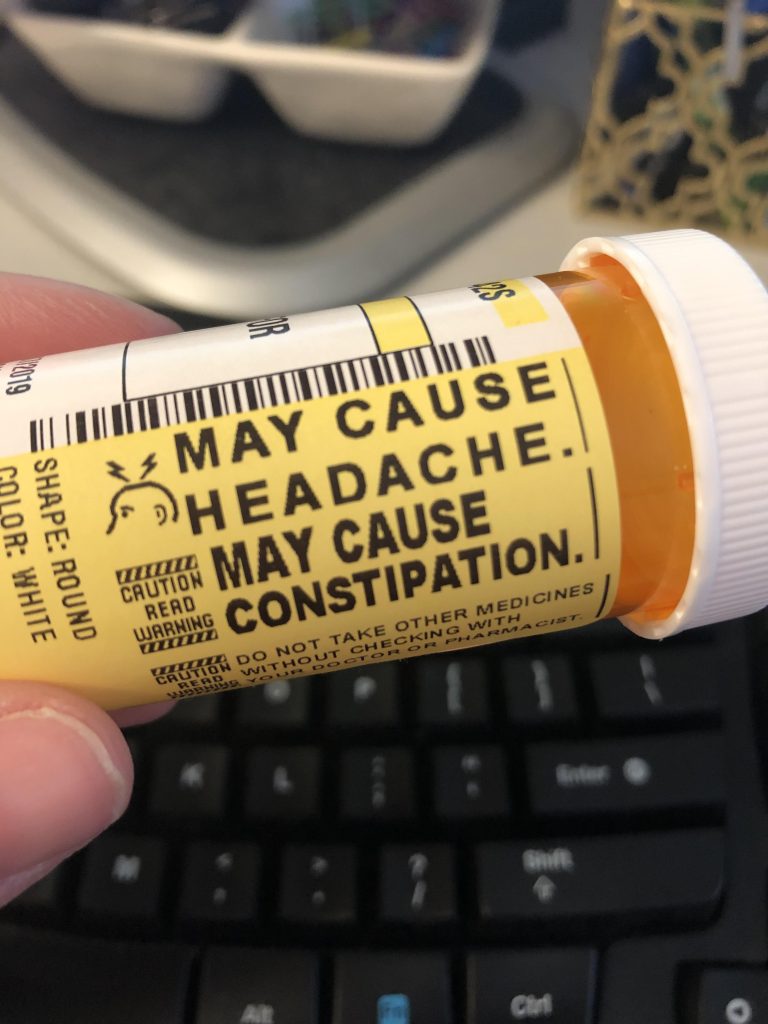 image source: reddit.com
image source: reddit.com
Persistent nausea and vomiting, especially accompanied by other symptoms, may indicate liver problems. Liver dysfunction can disrupt the body's ability to metabolize toxins and produce bile, leading to nausea and vomiting. This symptom may be particularly pronounced after meals or in the presence of certain foods.Advertisement
Or, you might actually be throwing up all the time
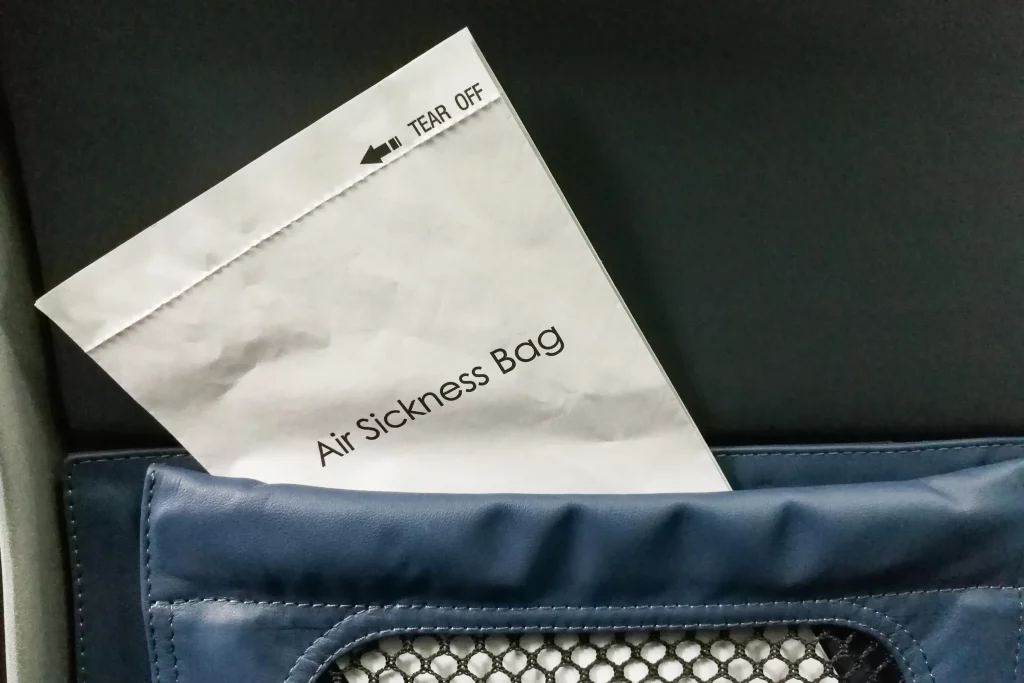 image source: reddit.com
image source: reddit.com
You may have a persistent feeling of wanting to be sick that escalates into actually throwing up quite a lot, too. It's possible to have both the feeling of nausea and actually vomiting when dealing with liver issues. There may be certain foods that make it more likely that you'll throw up.Advertisement
You've lost your appetite
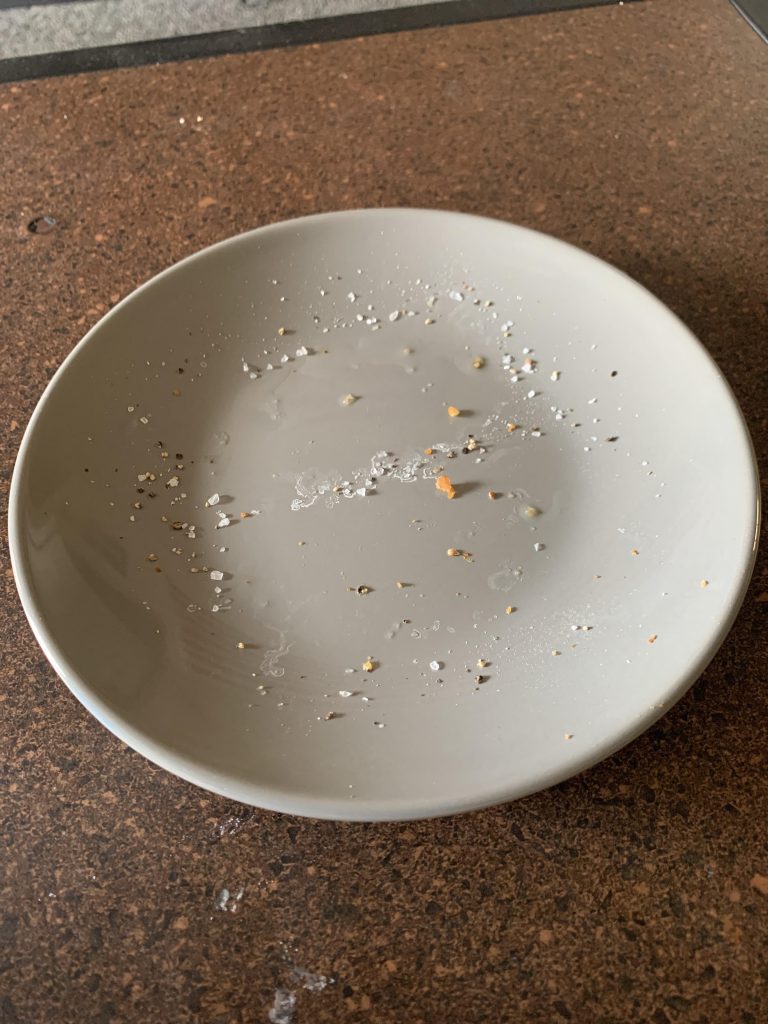 image source: reddit.com
image source: reddit.com
A reduced desire to eat or a feeling of early fullness can be a sign of liver disease. Liver disease can affect appetite by disrupting the body's ability to digest and absorb nutrients properly. Additionally, toxins that accumulate in the body can suppress appetite and lead to weight loss.Advertisement
You've lost weight without even trying
 image source: reddit.com
image source: reddit.com
Significant and unexplained weight loss can be a symptom of liver problems. Liver disease can cause weight loss due to a combination of factors, including loss of appetite, impaired nutrient absorption, and increased metabolism of fats and proteins. Rapid weight loss should always be evaluated by a healthcare professional.Advertisement
You have swelling in the abdomen
 image source: reddit.com
image source: reddit.com
Abdominal swelling or distension, often accompanied by discomfort or a feeling of heaviness, can be a sign of liver disease. Liver dysfunction can lead to fluid retention in the abdomen, a condition known as ascites. This can occur when the liver is unable to produce enough albumin, a protein that helps regulate fluid balance in the body.Advertisement
Your legs and ankles are swollen
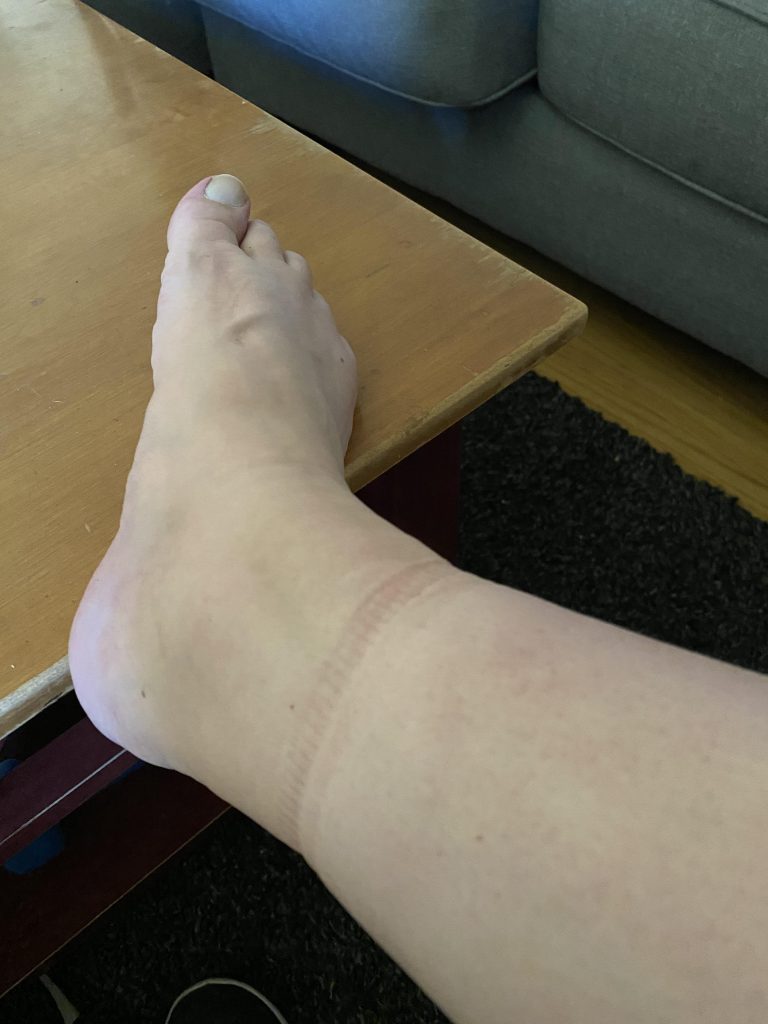 image source: reddit.com
image source: reddit.com
Edema, or swelling in the lower extremities, can be a sign of liver problems. Liver dysfunction can lead to fluid retention throughout the body, including the legs and ankles. This can occur when the liver is unable to adequately filter and remove excess fluid from the bloodstream.Advertisement
Your skin never stops itching
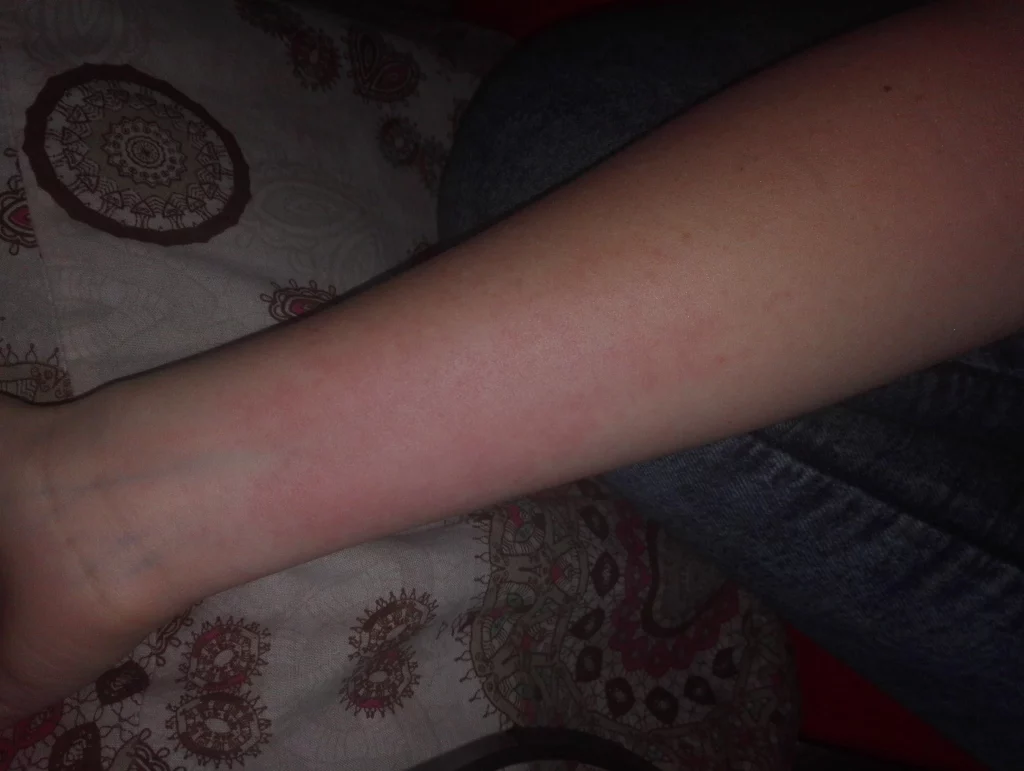 image source: reddit.com
image source: reddit.com
Persistent itching, especially without a known cause, can be a sign of liver disease. Liver dysfunction can lead to the buildup of bile salts in the bloodstream, which can irritate the skin and cause itching. This symptom may be particularly pronounced in the hands and feet, where swelling can be the most obvious.Advertisement
Your urine is really dark in color
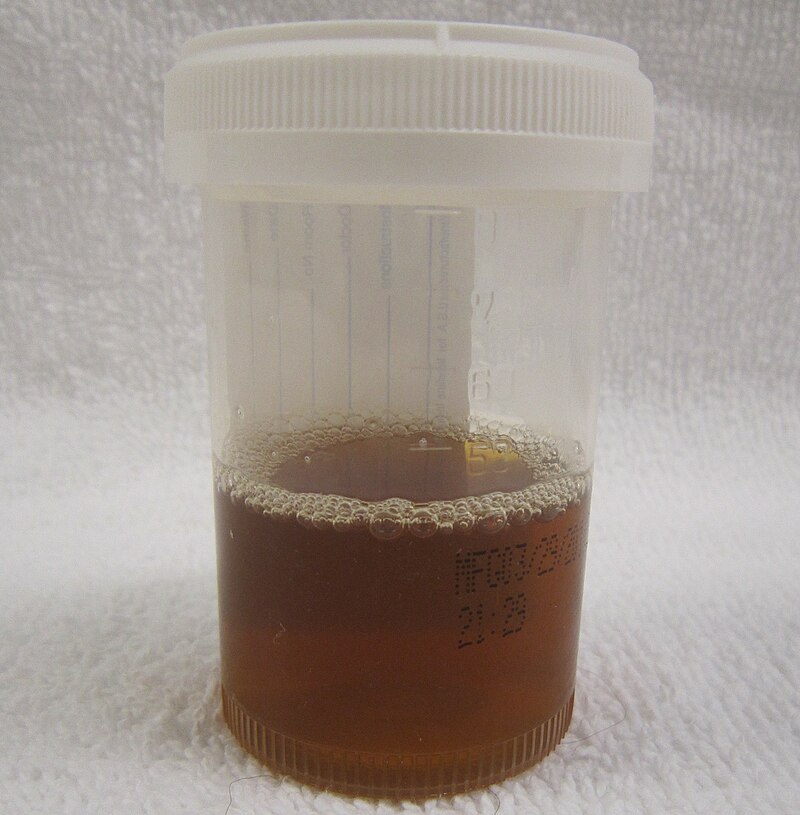 image source: wikipedia.org
image source: wikipedia.org
Urine that is darker in color than usual, often accompanied by other symptoms, may indicate liver problems. Liver dysfunction can lead to the buildup of bilirubin in the bloodstream, which can cause urine to appear darker than normal. This symptom may be particularly noticeable in the morning when you first go to the toilet.Advertisement
Your stool is pale grey or yellow colored
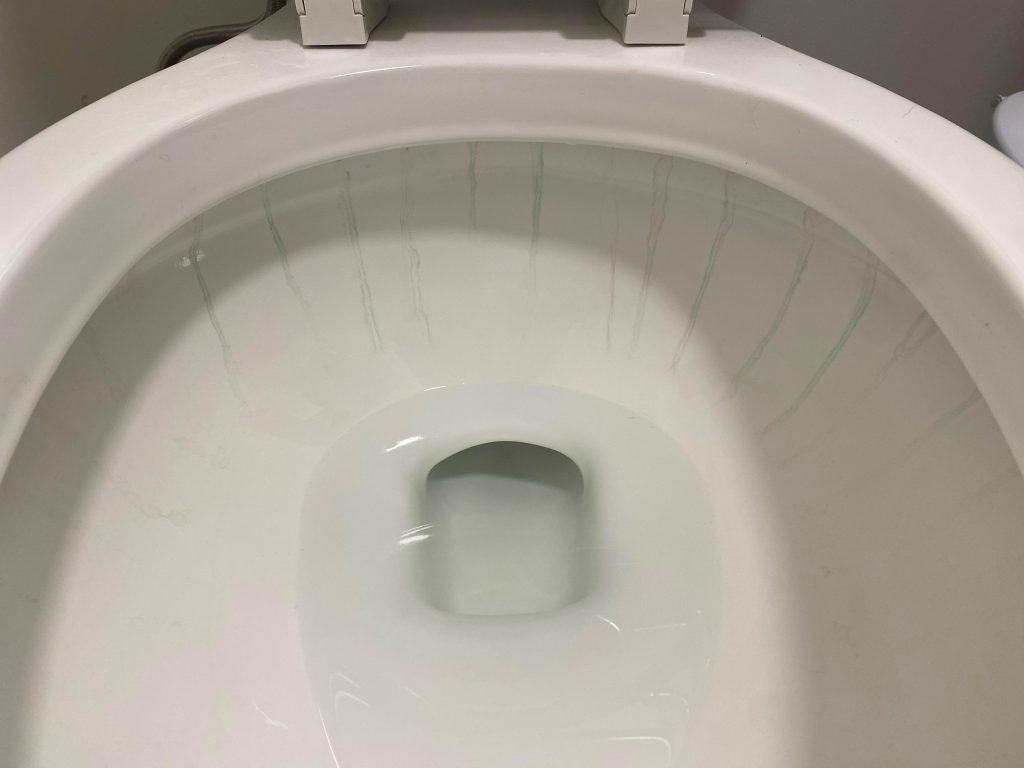 image source: reddit.com
image source: reddit.com
Stools that are lighter in color than usual, often clay-colored or pale yellow, can be a sign of liver disease. Liver dysfunction can disrupt the production and secretion of bile, which can lead to pale or clay-colored stools. This symptom may be accompanied by other signs of liver dysfunction, such as jaundice or dark urine.Advertisement
Your bleed or bruise easily
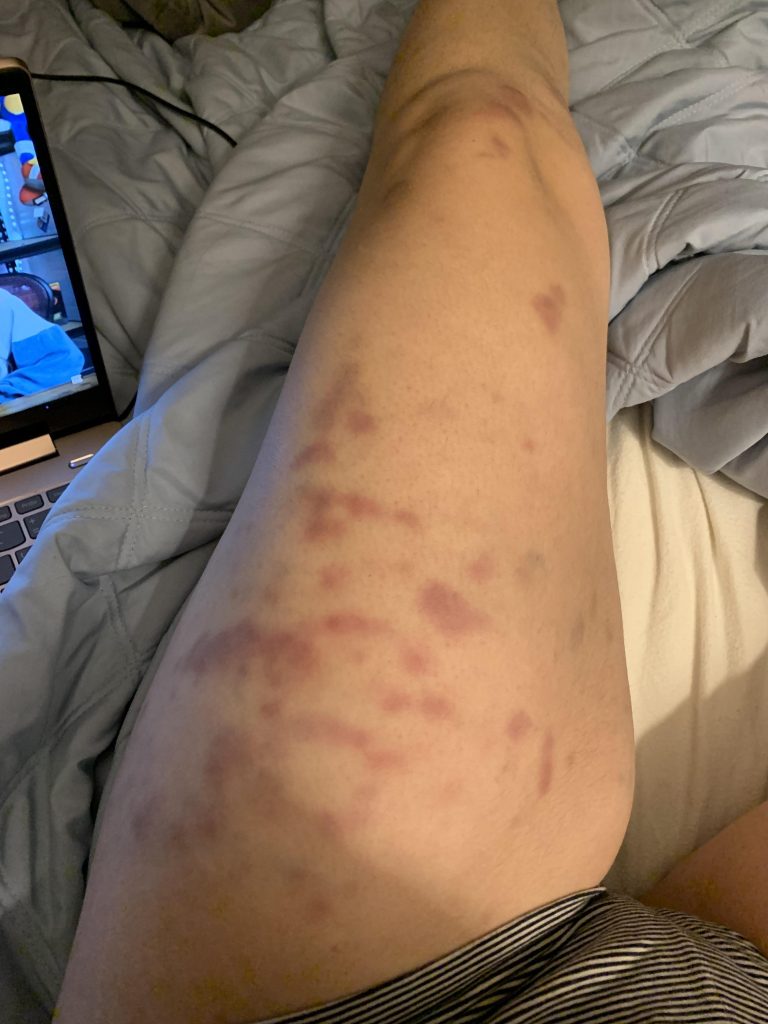 image source: reddit.com
image source: reddit.com
Bleeding or bruising easily: Increased susceptibility to bleeding or bruising, even with minor injuries, can be a sign of liver problems. Liver dysfunction can affect the production of clotting factors and platelets, which are necessary for normal blood clotting. This can result in easy bruising or prolonged bleeding, even from small cuts or injuries.Advertisement
You often feel confused
 image source: reddit.com
image source: reddit.com
Cognitive symptoms such as confusion, difficulty concentrating, or forgetfulness can be a sign of liver disease. Liver dysfunction can lead to the buildup of toxins in the bloodstream, which can affect brain function and cognitive abilities. This can result in symptoms such as confusion, difficulty concentrating, or memory problems.Advertisement
You find it really difficult to concentrate
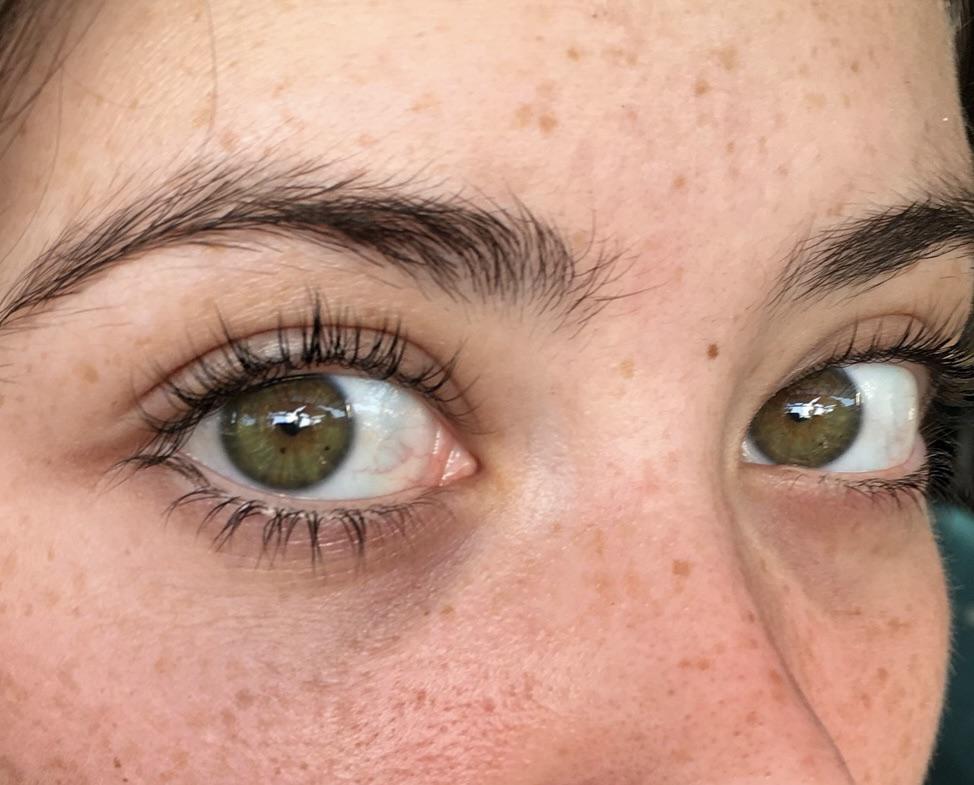 image source: reddit.com
image source: reddit.com
Often when the liver affects how confused you are it can also lead to a severe lack of concentration skills. When you feel 'out of it' as a result and confused from moment to moment, it means finding it very difficult to concentrate for a long-period of time on activities that require it.Advertisement
You feel like your personality or moods have changed a lot
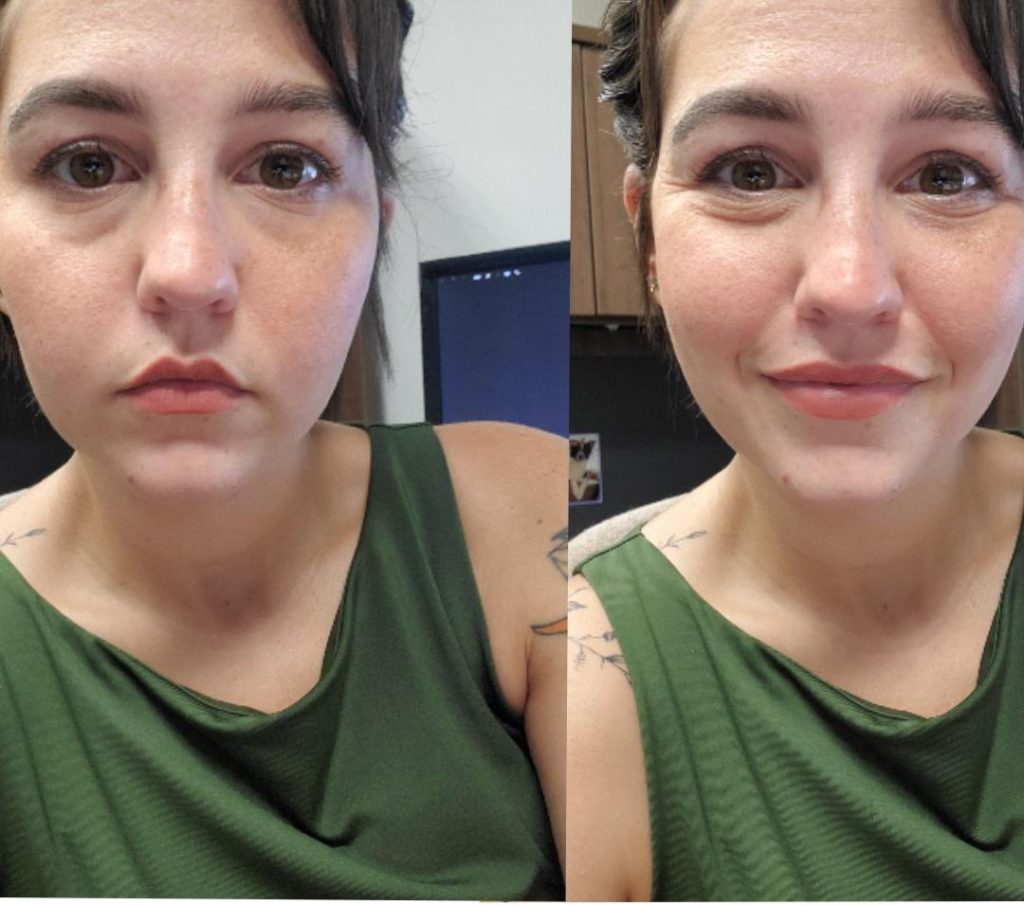 image source: reddit.com
image source: reddit.com
Changes in mood, behavior, or personality, especially when accompanied by other symptoms, may indicate liver problems. Liver dysfunction can affect brain function and neurotransmitter levels, leading to changes in mood, behavior, or personality. This can manifest as irritability, depression, anxiety, or other emotional disturbances.Advertisement
Your sleep is always disturbed
 image source: reddit.com
image source: reddit.com
Difficulty sleeping, insomnia, or changes in sleep patterns can be a sign of liver disease. Liver dysfunction can disrupt the body's circadian rhythm and affect sleep-wake cycles, leading to difficulty sleeping or changes in sleep patterns. This may be due to hormonal imbalances, neurotransmitter changes, or other factors.Advertisement
You have really weak muscles
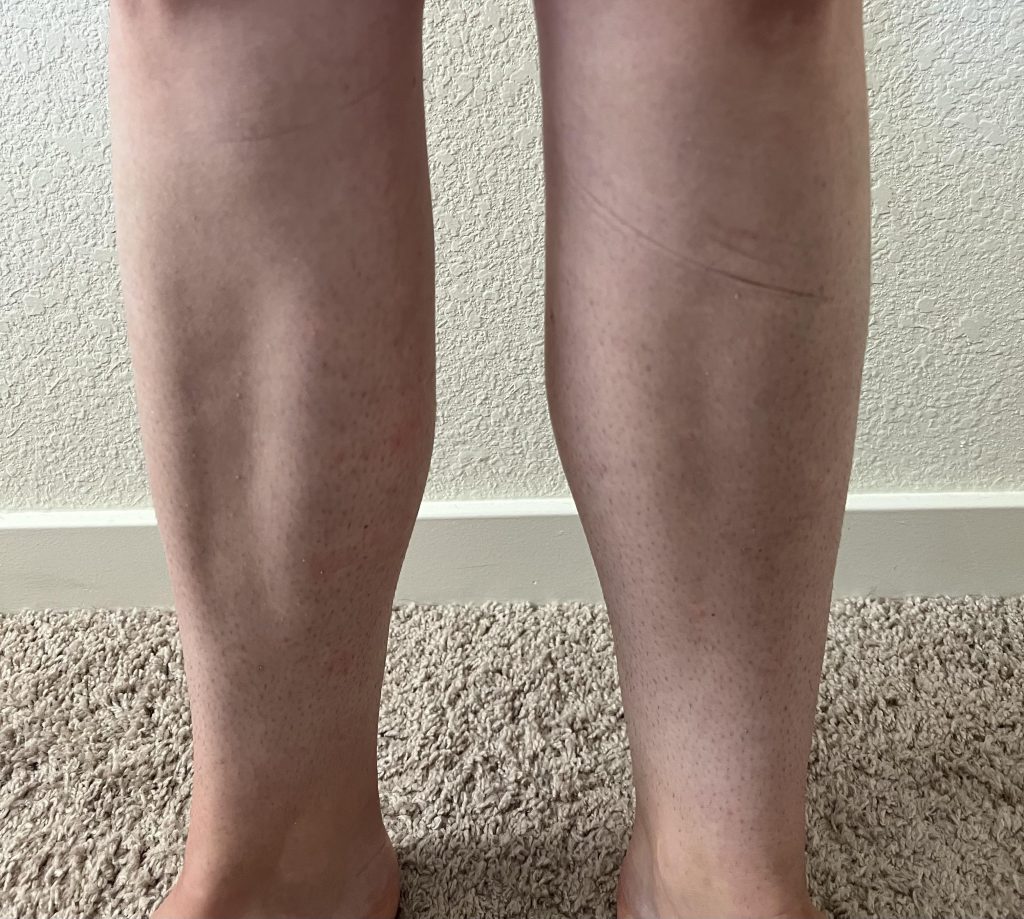 image source: reddit.com
image source: reddit.com
Muscle weakness or wasting, especially when accompanied by other symptoms, may indicate liver problems. Liver dysfunction can lead to malnutrition, muscle wasting, and weakness due to a combination of factors, including loss of appetite, impaired nutrient absorption, and reduced energy production.Advertisement
You have persistent fever or chills
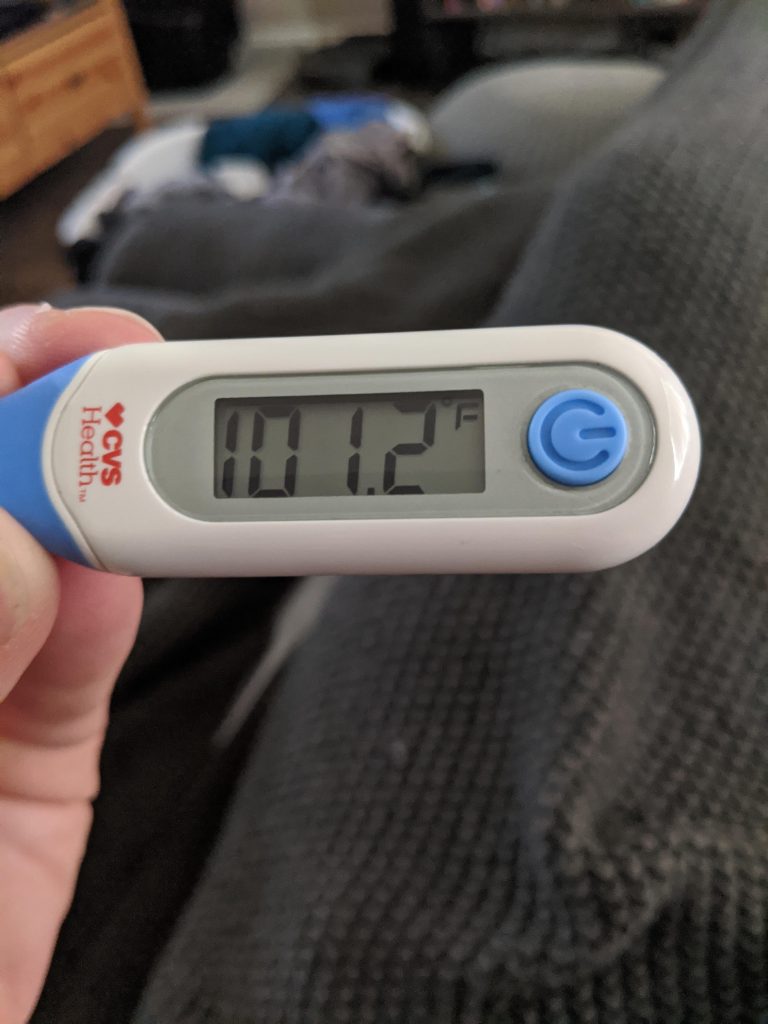 image source: reddit.com
image source: reddit.com
Persistent fever or chills, especially when accompanied by other symptoms, may indicate liver disease. Liver dysfunction can trigger an inflammatory response in the body, leading to fever or chills. This may be a sign of underlying infection, inflammation, or other liver-related complications.Advertisement
Your blood vessels look spider-like on the skin
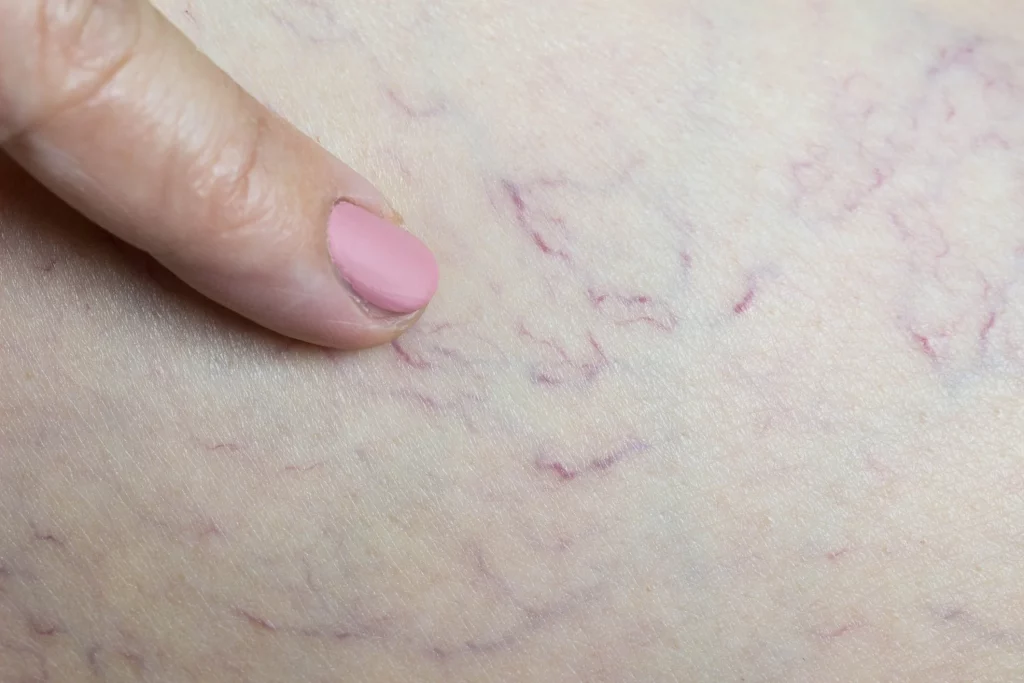 image source: reddit.com
image source: reddit.com
Small, spider-like blood vessels that appear on the skin, especially on the upper body, can be a sign of liver problems. Spider angiomas are a common skin finding in individuals with liver disease, particularly cirrhosis. These blood vessels may be red or purple in color and often have a central arteriole surrounded by smaller vessels, resembling a spider's web.Advertisement
Redness on the palms
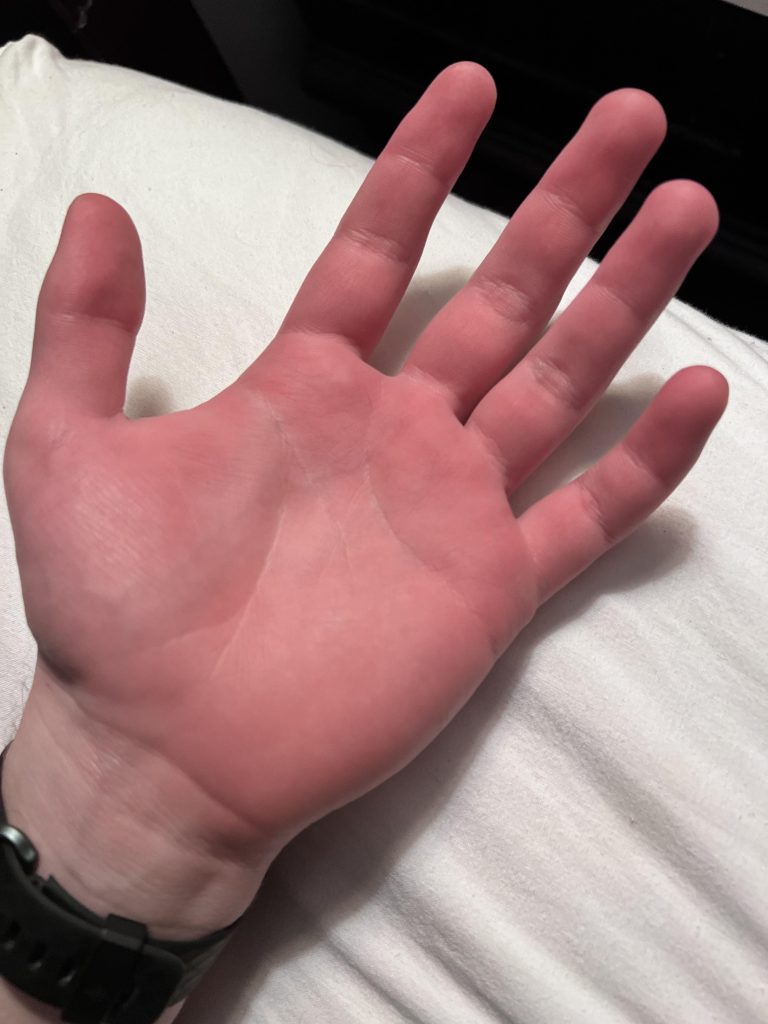 image source: reddit.com
image source: reddit.com
Redness or flushing of the palms of the hands, especially when accompanied by other symptoms, may indicate liver disease. Palmar erythema is a common skin finding in individuals with liver disease, particularly cirrhosis. It is characterized by redness or flushing of the palms of the hands, often in a symmetrical pattern.Advertisement
Clubbing of the fingers
image source: reddit.com
Enlargement and rounding of the fingertips, known as clubbing, can be a sign of liver problems. Clubbing of the fingers is a common finding in individuals with advanced liver disease, particularly cirrhosis. It is thought to result from chronic hypoxia and impaired oxygen delivery to the tissues.Advertisement
For males, enlarged breast tissue
 image source: reddit.com
image source: reddit.com
Enlargement of breast tissue in males, known as gynecomastia, can be a sign of liver disease. Liver dysfunction can disrupt hormone metabolism and lead to hormonal imbalances, including increased estrogen levels. This can result in gynecomastia, or enlargement of breast tissue, in males.Advertisement
Your testicles have shrunk
 image source: reddit.com
image source: reddit.com
Shrinking of the testicles, known as testicular atrophy, can be a sign of liver disease. Liver dysfunction can disrupt hormone metabolism and lead to hormonal imbalances, including decreased testosterone levels. This can result in testicular atrophy, or shrinking of the testicles, in males.Advertisement
Menstruation has inexplicably stopped
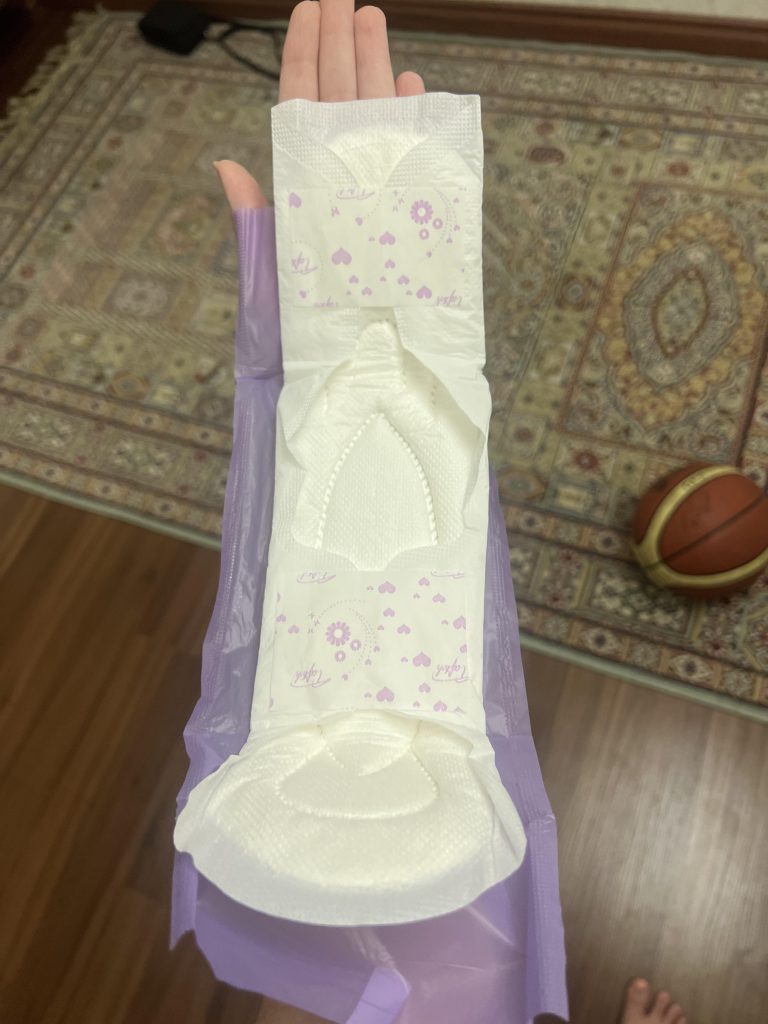 image source: reddit.com
image source: reddit.com
Absence of menstruation in females of reproductive age, known as amenorrhea, can be a sign of liver disease. Liver dysfunction can disrupt hormone metabolism and lead to hormonal imbalances, including irregularities in the menstrual cycle. This can result in amenorrhea, or absence of menstruation, in females.Advertisement
Mental Confusion
image source: Yahoo
Mental confusion can indicate an overworked liver because when the liver is unable to effectively filter toxins from the blood, harmful substances can accumulate and affect brain function, leading to cognitive impairment and confusion. If you feel more confused than usual, then it could indicate something more sinister!Advertisement
You've been suffering from erectile dysfunction
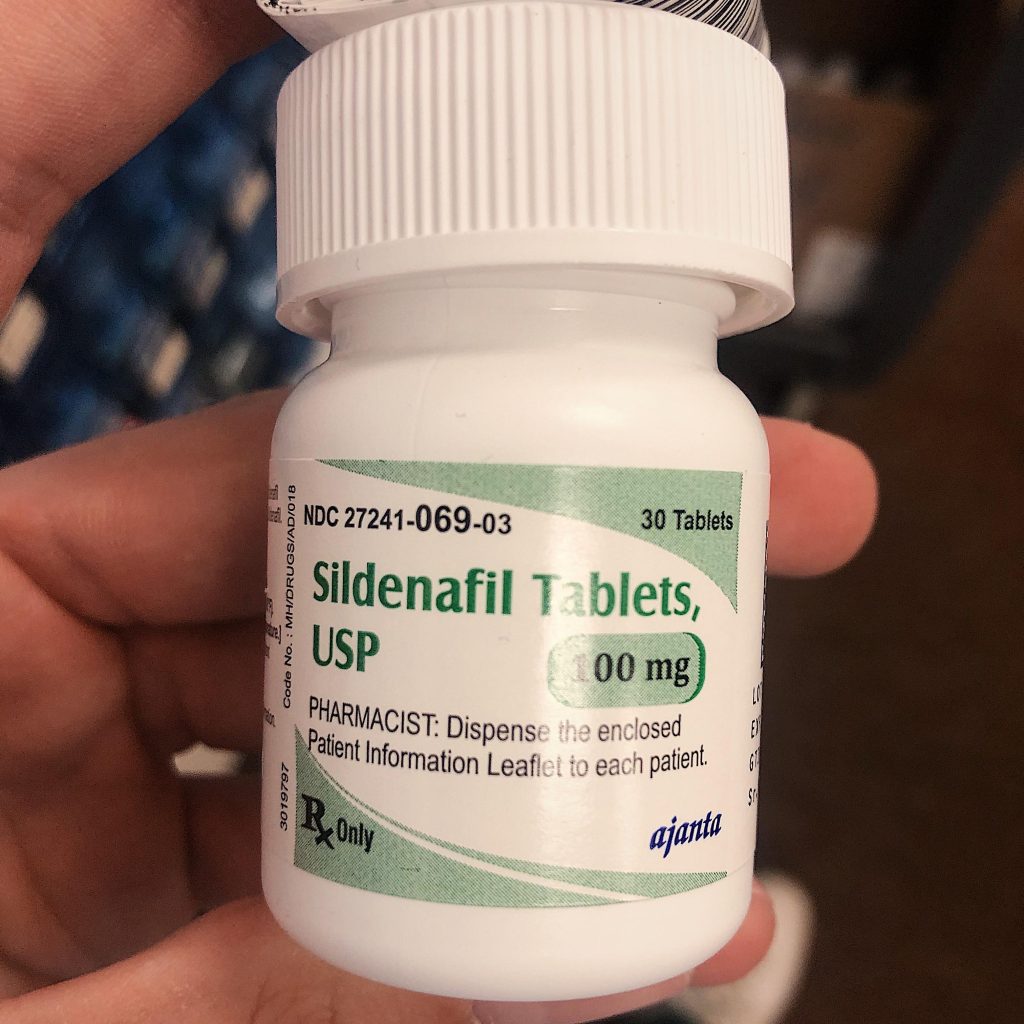 image source: reddit.com
image source: reddit.com
Difficulty achieving or maintaining an erection, known as erectile dysfunction, can be a sign of liver disease. Liver dysfunction can disrupt hormone metabolism and lead to hormonal imbalances, including decreased testosterone levels. This can result in erectile dysfunction, or difficulty achieving or maintaining an erection, in males.Advertisement
More serious signs of liver problems: hormone metabolism has been disrupted
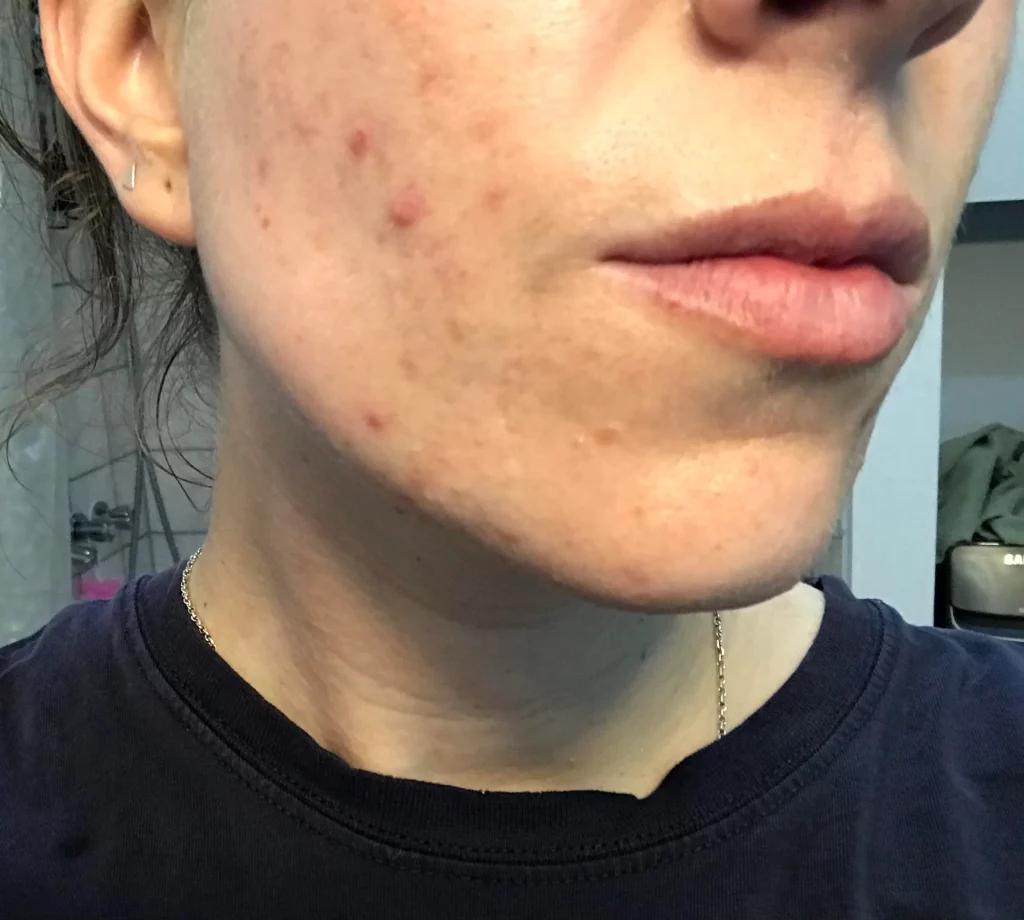 image source: reddit.com
image source: reddit.com
Reduced function of the gonads, known as hypogonadism, can be a sign of liver disease. Liver dysfunction can disrupt hormone metabolism and lead to hormonal imbalances, including decreased production of sex hormones by the gonads. This can result in symptoms such as infertility, decreased libido, and erectile dysfunction.Advertisement
Fluid build up in the abdominal cavity
 image source: reddit.com
image source: reddit.com
Accumulation of fluid in the abdominal cavity, known as ascites, can be a sign of advanced liver disease. Ascites is a common complication of liver cirrhosis, characterized by the buildup of fluid in the abdominal cavity. This can lead to abdominal swelling, discomfort, and difficulty breathing.Advertisement
Impaired brain function
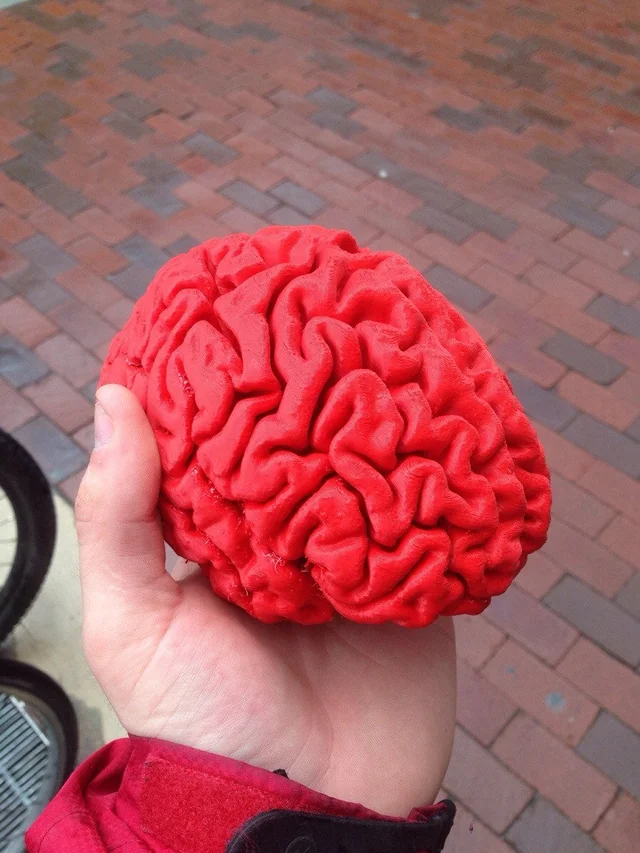 image source: reddit.com
image source: reddit.com
Impaired brain function due to liver dysfunction, known as hepatic encephalopathy, can be a sign of advanced liver disease. Hepatic encephalopathy is a serious complication of liver disease, characterized by cognitive impairment, confusion, altered consciousness, and neuromuscular abnormalities.Advertisement
High blood pressure in a particular area
image source: reddit.com
High blood pressure in the portal vein, known as portal hypertension, can be a sign of advanced liver disease. Portal hypertension is a common complication of liver cirrhosis, characterized by increased pressure in the portal vein that carries blood from the intestines to the liver.Advertisement
Enlarged veins in the esophagus
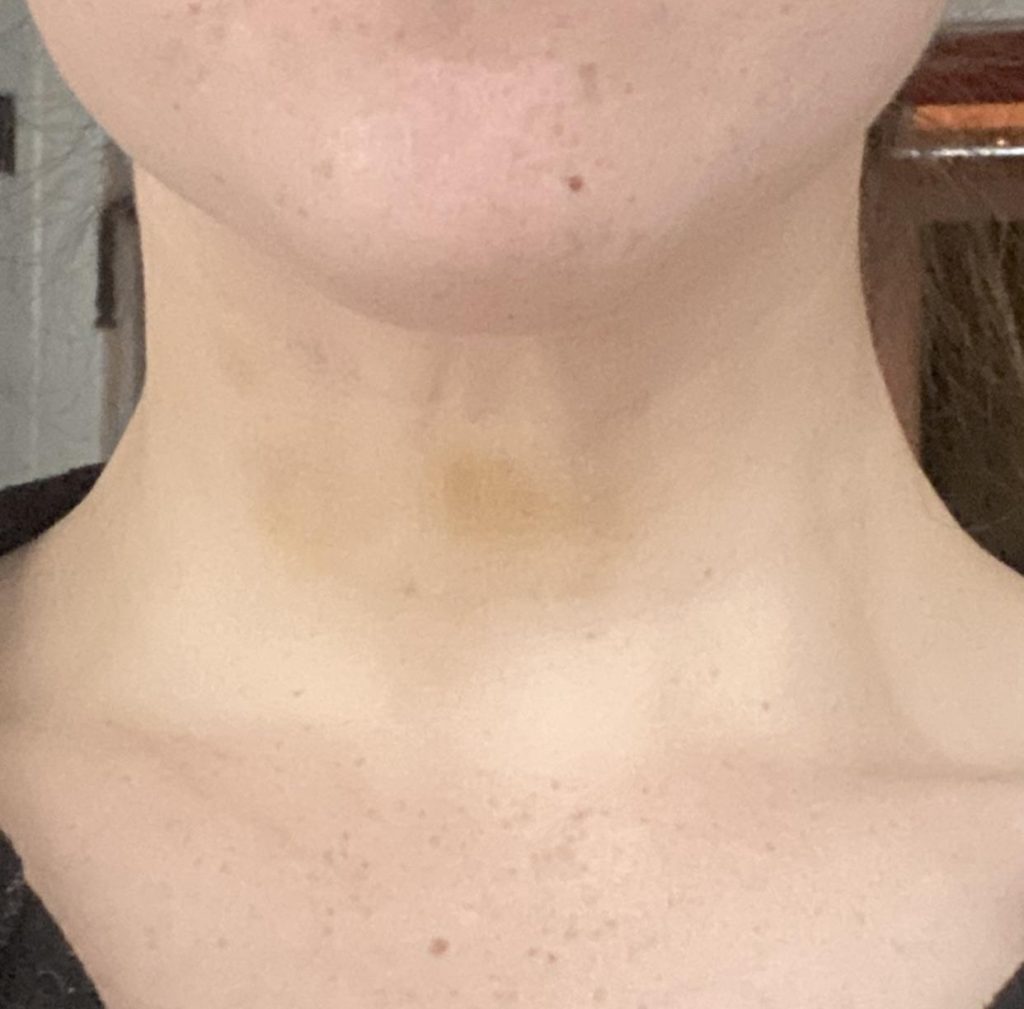 image source: reddit.com
image source: reddit.com
Enlarged and swollen veins in the esophagus, known as esophageal varices, can be a sign of advanced liver disease. Esophageal varices are a common complication of liver cirrhosis, characterized by dilated and swollen veins in the lower esophagus. These veins are prone to bleeding and can lead to life-threatening hemorrhage if they rupture.Advertisement
Swollen veins in the abdomen
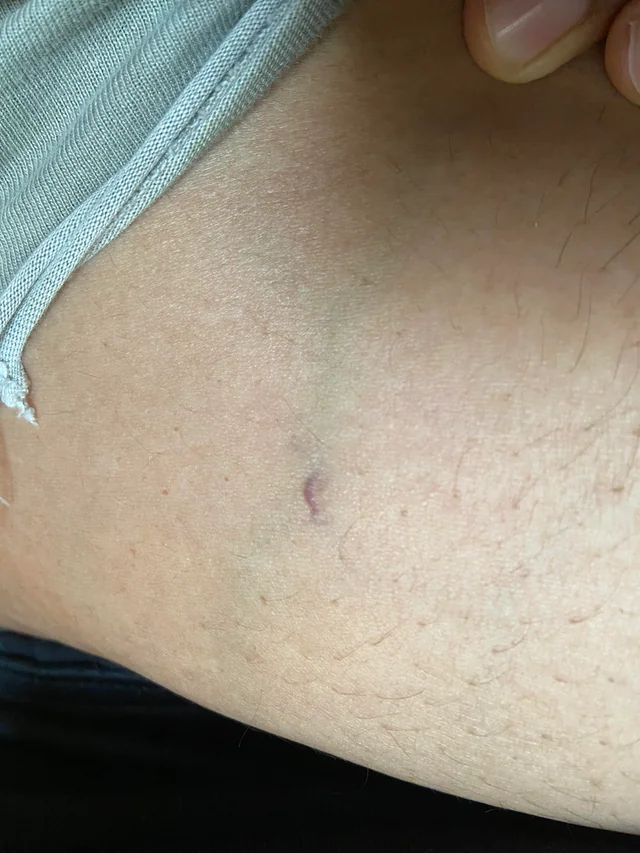 image source: reddit.com
image source: reddit.com
Dilated and swollen veins in the abdomen, known as caput medusae, can be a sign of advanced liver disease. Caput medusae is a characteristic finding in individuals with liver cirrhosis, characterized by dilated and swollen veins radiating from the umbilicus. This can occur due to portal hypertension and the development of collateral circulation.Advertisement
Dupuytren's contracture (tightening of the palms)
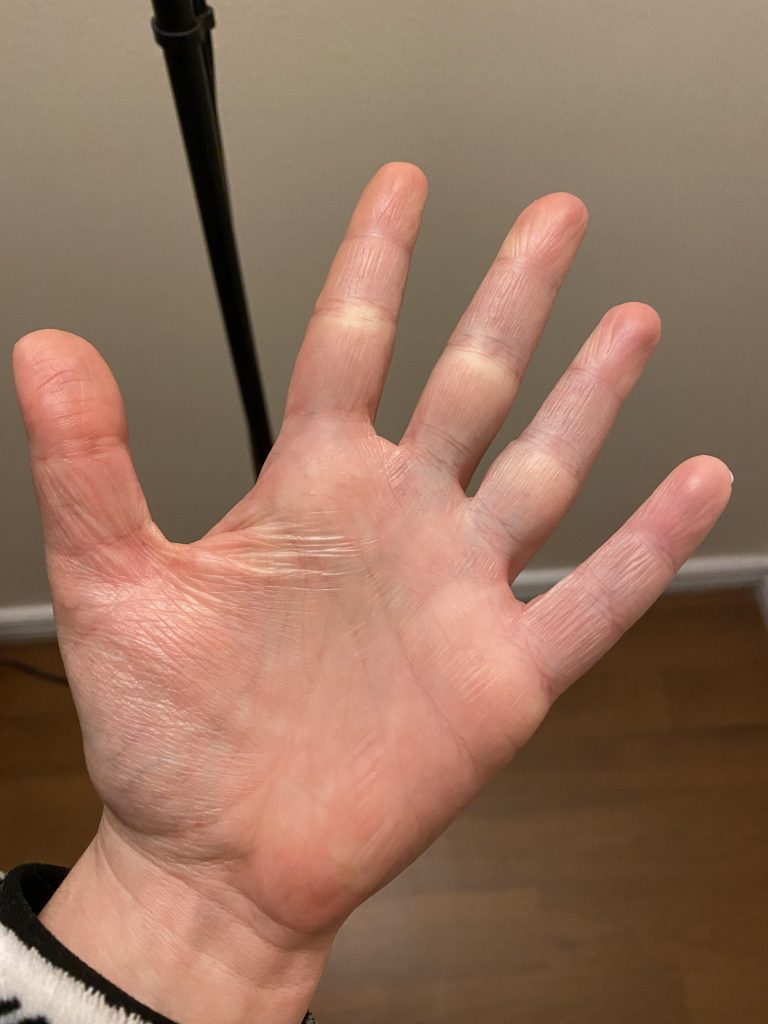 image source: reddit.com
image source: reddit.com
Thickening and tightening of the connective tissue in the palms of the hands, known as Dupuytren's contracture, can be a sign of liver disease. Dupuytren's contracture is a common finding in individuals with liver cirrhosis, characterized by the development of nodules and cords in the palmar fascia.Advertisement
You're suffering from hypertension
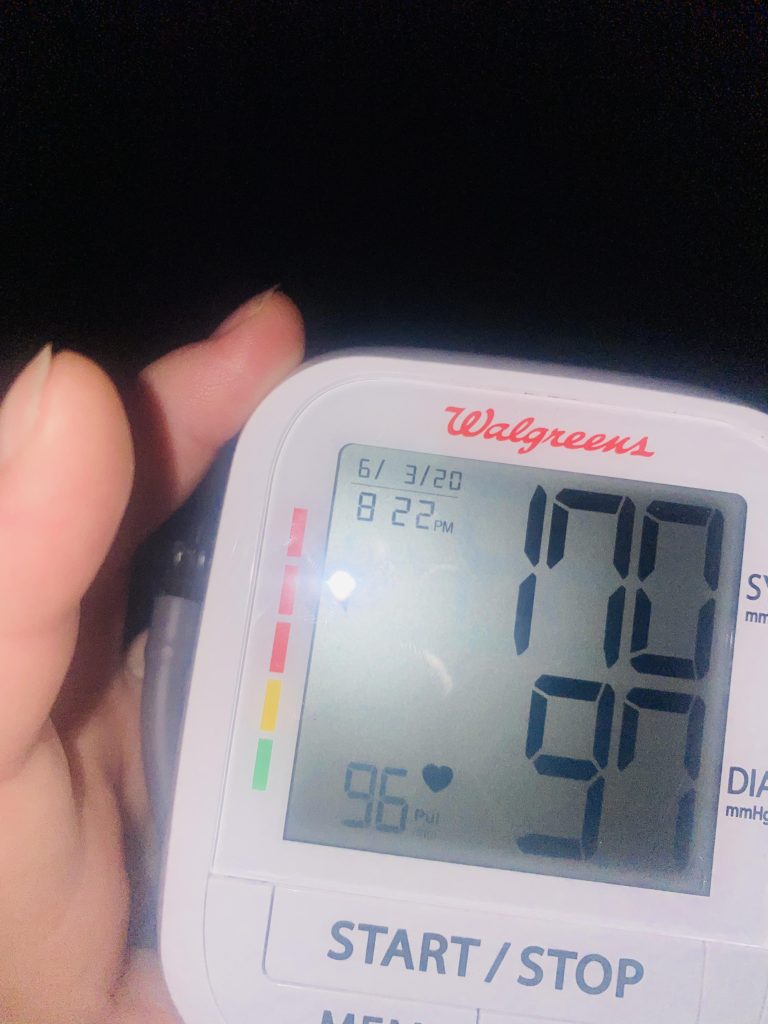 image source: reddit.com
image source: reddit.com
High blood pressure, especially when accompanied by other symptoms, may indicate liver problems. Liver dysfunction can disrupt the body's regulation of blood pressure, leading to hypertension or high blood pressure. This can result from various factors, including hormonal imbalances and fluid retention.Advertisement
Low levels of albumin
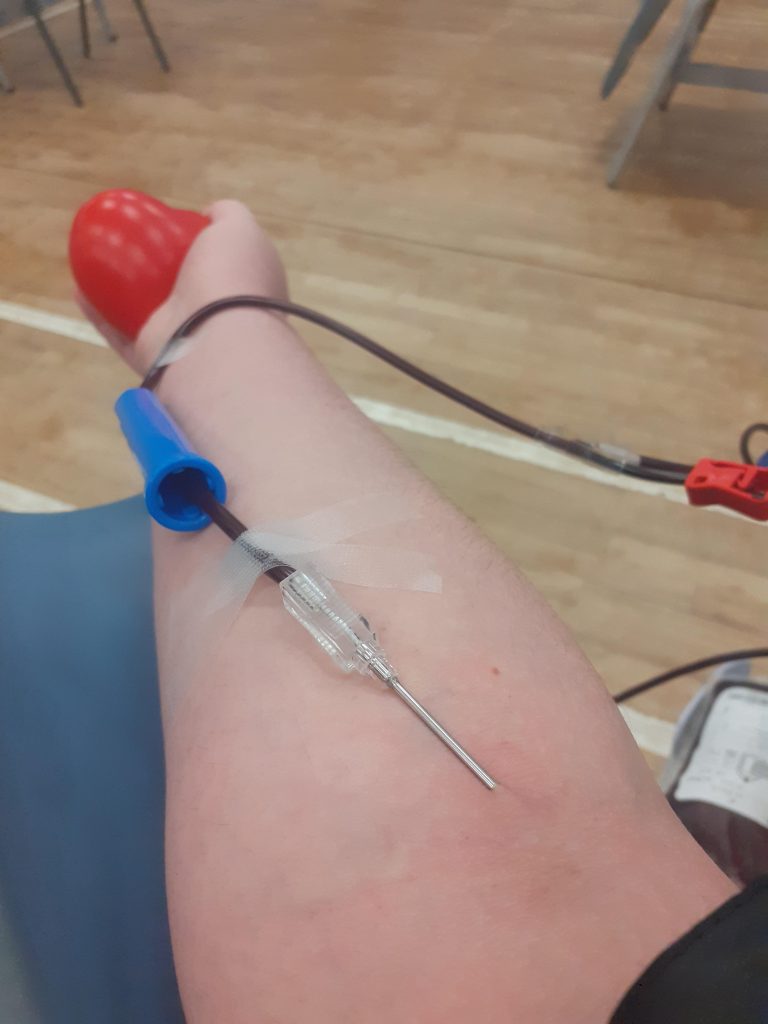 image source: reddit.com
image source: reddit.com
Low levels of albumin in the blood, known as hypoalbuminemia, can be a sign of liver disease. Albumin is a protein produced by the liver that helps maintain oncotic pressure and regulate fluid balance in the body. Reduced albumin levels can occur in liver disease due to impaired synthesis or increased loss.Advertisement
High levels of bilirubin
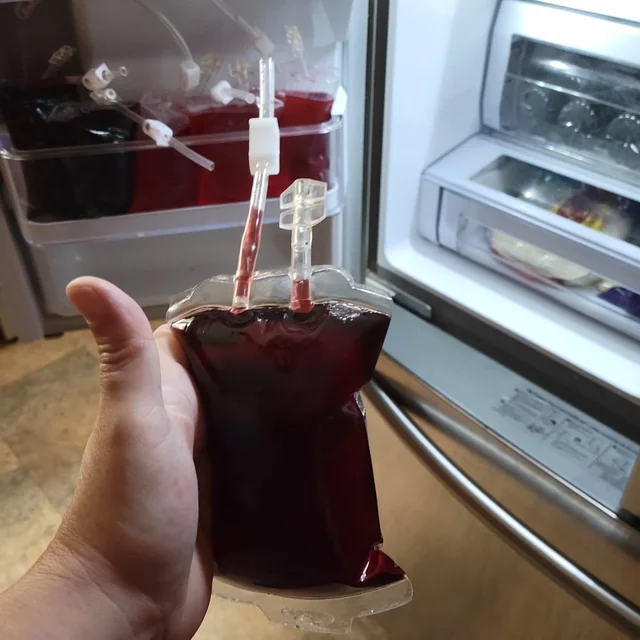 image source: reddit.com
image source: reddit.com
High levels of bilirubin in the blood, known as hyperbilirubinemia, can be a sign of liver disease. Bilirubin is a yellow pigment produced by the breakdown of heme in red blood cells. Elevated bilirubin levels can occur in liver disease due to impaired clearance or increased production, leading to jaundice and other symptoms.Advertisement
Low blood sugar levels
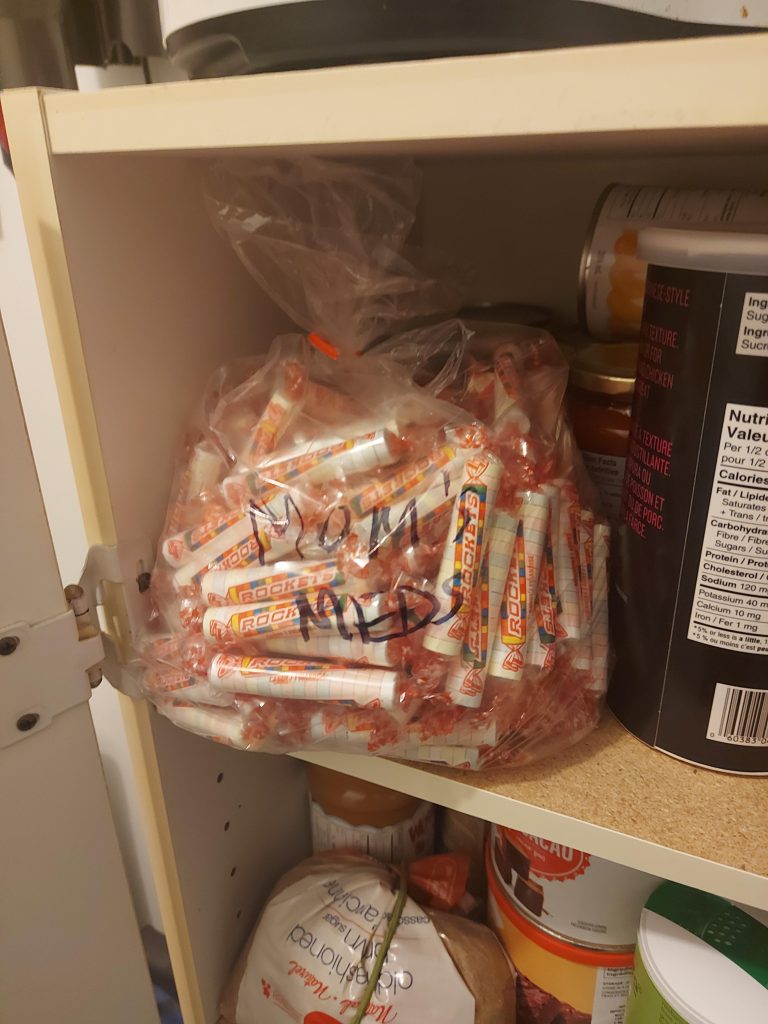 image source: reddit.com
image source: reddit.com
Low blood sugar levels, known as hypoglycemia, can be a sign of liver disease. The liver plays a key role in glucose metabolism, including glycogen storage and gluconeogenesis. Liver dysfunction can impair these processes, leading to hypoglycemia or low blood sugar levels.Advertisement
Alternatively, even high blood sugar levels can be a sign
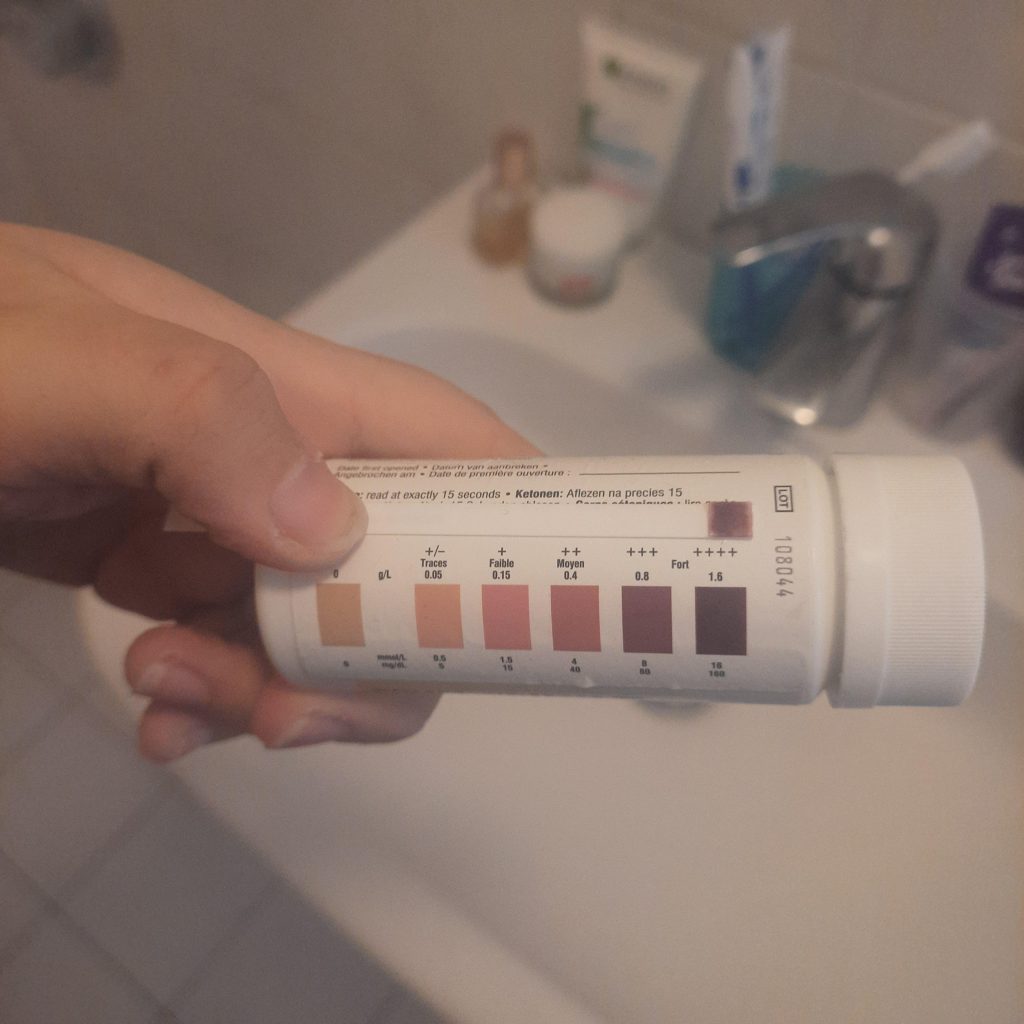 image source: reddit.com
image source: reddit.com
High blood sugar levels, known as hyperglycemia, can be a sign of liver disease. Liver dysfunction can disrupt glucose metabolism and insulin sensitivity, leading to hyperglycemia or high blood sugar levels. This can occur in conditions such as non-alcoholic fatty liver disease and liver cirrhosis.Advertisement
Low levels of cholesterol in the blood
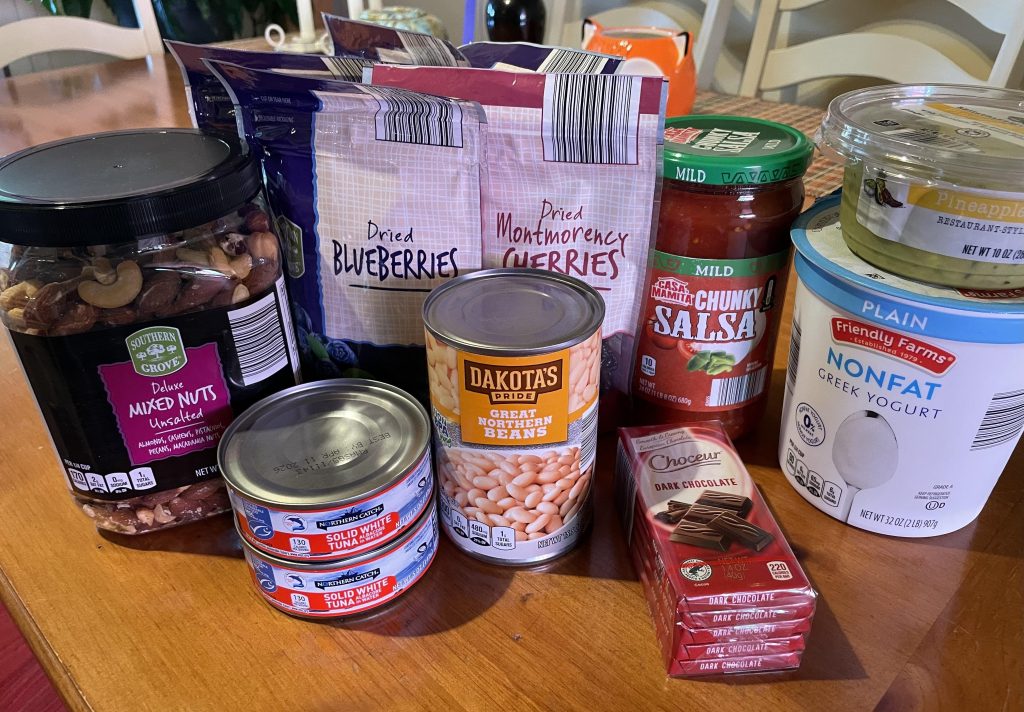 image source: reddit.com
image source: reddit.com
Low levels of cholesterol in the blood, known as hypocholesterolemia, can be a sign of liver disease. Cholesterol is synthesized by the liver and plays a key role in various physiological processes, including cell membrane structure and hormone production. Reduced cholesterol levels can occur in liver disease.Advertisement
Or even high levels of cholesterol
 image source: reddit.com
image source: reddit.com
High levels of cholesterol in the blood, known as hypercholesterolemia, can be a sign of liver disease. Liver dysfunction can disrupt cholesterol metabolism and lead to hypercholesterolemia or high blood cholesterol levels. This can occur in conditions such as non-alcoholic fatty liver disease and liver cirrhosis.Advertisement
Low levels of protein in the blood
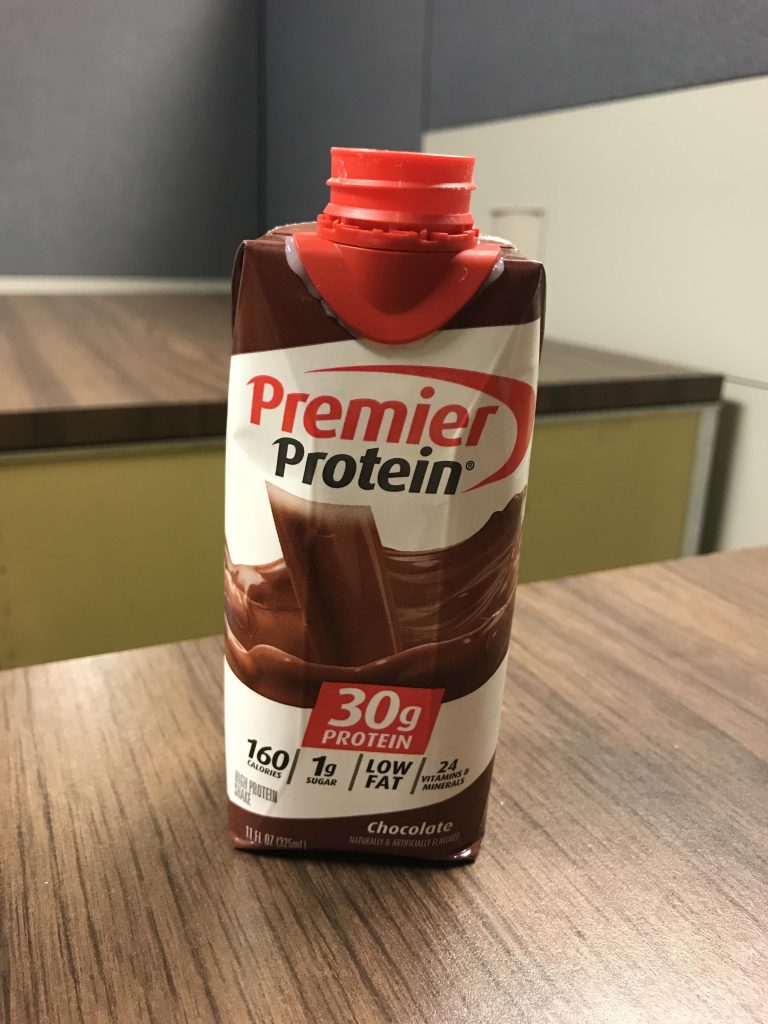 image source: reddit.com
image source: reddit.com
Low levels of total protein in the blood, known as hypoproteinemia, can be a sign of liver disease. Proteins are synthesized by the liver and play essential roles in various physiological processes, including immune function, fluid balance, and nutrient transport. Reduced protein levels can occur in liver disease.Advertisement
Accumulation of fat in the liver
 image source: reddit.com
image source: reddit.com
Accumulation of fat in the liver, known as liver steatosis or fatty liver, can be a sign of liver disease. Liver steatosis can occur as a result of various factors, including alcohol consumption, obesity, insulin resistance, and metabolic syndrome. While mild steatosis is often asymptomatic, it can progress to more severe liver damage.Advertisement
Here is what to do if you think your liver is overworked... Reduce Alcohol Consumption or Abstain Completely
image source: Vox
Cutting down on alcohol intake or abstaining entirely is crucial for alleviating the burden on your liver. By minimizing alcohol consumption, you give your liver a chance to regenerate and repair itself. Consider exploring alternative beverages or engaging in alcohol-free activities to support this lifestyle change.Advertisement
Drink Plenty of Water to Stay Hydrated
image source: reddit.com
Hydration is key to supporting optimal liver function. Drinking an ample amount of water helps flush out toxins from your body and ensures that your liver can effectively perform its detoxification duties. Make it a habit to carry a reusable water bottle with you throughout the day and set reminders to stay hydrated.Advertisement
Eat a Balanced Diet Rich in Fruits, Vegetables, Lean Proteins, and Whole Grains
image source: reddit.com
Nourishing your body with a diverse range of nutrient-dense foods is essential for maintaining liver health. Incorporate colorful fruits and vegetables into your meals to provide antioxidants and essential vitamins. Choose lean proteins such as chicken, fish, or tofu to support muscle repair and growth.Advertisement
Avoid Processed Foods, High in Unhealthy Fats and Sugars
image source: reddit.com
Steering clear of processed foods laden with unhealthy fats and sugars is paramount for easing the strain on your liver. These foods can contribute to inflammation and fatty liver disease, hindering your liver's ability to function optimally.Advertisement
Limit Intake of Fried and Fatty Foods
image source: reddit.com
Cutting back on fried and fatty foods is essential for reducing the workload on your liver. These foods can be taxing on the liver, leading to inflammation and impaired function over time. Instead, explore healthier cooking methods such as baking, grilling, or steaming to enjoy delicious meals without compromising your liver health.Advertisement
Incorporate Liver-Friendly Foods Such as Garlic, Turmeric, Leafy Greens, and Citrus Fruits into Your Diet
image source: reddit.com
Introducing liver-friendly foods into your daily meals can provide a natural boost to your liver's health and function. Garlic contains compounds that support liver detoxification, while turmeric boasts anti-inflammatory properties that aid in reducing liver inflammation.Advertisement
Cut Back on Refined Carbohydrates and Sugary Beverages
image source: reddit.com
Minimizing your intake of refined carbohydrates and sugary beverages is crucial for maintaining liver health. These foods and drinks can cause spikes in blood sugar levels, leading to insulin resistance and fatty liver disease. Opt for whole grains like oats and quinoa instead of white bread and pasta to provide sustained energy and fiber.Advertisement
Maintain a Healthy Weight Through Regular Exercise and Portion Control
image source: reddit.com
Achieving and maintaining a healthy weight is essential for reducing the risk of fatty liver disease and other liver-related conditions. Engage in regular physical activity such as brisk walking, jogging, or cycling to promote fat burning and muscle development.Advertisement
Get Regular Physical Activity to Support Overall Health
image source: reddit.com
Regular physical activity is beneficial not only for your overall health but also for supporting liver function. Exercise helps to increase blood flow to the liver, aiding in the delivery of nutrients and oxygen for optimal performance. Aim for at least 30 minutes of moderate-intensity exercise most days of the week.Advertisement
Practice Stress-Reducing Techniques Like Yoga, Meditation, or Deep Breathing Exercises
image source: reddit.com
Chronic stress can have detrimental effects on liver health, so it's essential to incorporate stress-reducing techniques into your daily routine. Yoga, meditation, and deep breathing exercises can help promote relaxation and reduce stress levels... and it will only take 30 minutes out of your day!Advertisement
Ensure You Get Enough Sleep Each Night to Support Liver Function and Overall Well-being
image source: reddit.com
Prioritizing quality sleep is crucial for supporting liver function and overall health. Aim for 7-9 hours of uninterrupted sleep each night to allow your body to repair and regenerate. Establish a relaxing bedtime routine, such as reading or taking a warm bath, to signal to your body that it's time to wind down.Advertisement
Avoid Exposure to Toxins and Chemicals Whenever Possible
image source: reddit.com
Minimizing exposure to toxins and chemicals in your environment is essential for protecting liver health. Be mindful of household cleaners, pesticides, and other chemical products, opting for natural alternatives when possible. Limit exposure to environmental pollutants such as air pollution.Advertisement
Use Natural Cleaning and Personal Care Products to Reduce Chemical Exposure
image source: reddit.com
Switching to natural cleaning and personal care products can help reduce your exposure to harmful chemicals that can impact liver health. Look for products labeled as "green" or "eco-friendly" and free from harsh ingredients such as phthalates, parabens, and synthetic fragrances.Advertisement
Quit Smoking if You're a Smoker
image source: reddit.com
Smoking is a leading cause of liver disease and can significantly impair liver function over time. Quitting smoking is one of the best things you can do to protect your liver and overall health. Consider using nicotine replacement therapies or prescription medications to help manage withdrawal symptoms and cravings.Advertisement
Limit Intake of Over-the-Counter Medications and Consult a Doctor Before Taking Any New Medications or Supplements
image source: reddit.com
Over-the-counter medications and supplements can have adverse effects on liver health, especially when taken in excess or in combination with other substances. Limit your use of non-prescription medications such as acetaminophen (Tylenol), ibuprofen (Advil), and aspirin, as they can cause liver damage when taken in high doses or over a prolonged period.Advertisement
Get Vaccinated Against Hepatitis if You Haven't Already
image source: The Independent
Hepatitis is a viral infection that can cause inflammation of the liver and lead to serious complications if left untreated. Protect yourself against hepatitis A and B by getting vaccinated if you haven't already done so. Hepatitis A and B vaccines are safe and highly effective at preventing infection.Advertisement
Practice Safe Sex to Reduce the Risk of Sexually Transmitted Infections, Including Hepatitis
image source: reddit.com
Practicing safe sex is essential for preventing the transmission of sexually transmitted infections (STIs), including hepatitis B and C. Use condoms consistently and correctly to reduce your risk of contracting or spreading STIs during sexual activity.Advertisement
Limit Exposure to Environmental Pollutants Such as Air and Water Pollution
image source: reddit.com
Environmental pollutants such as air and water pollution can have harmful effects on liver health. Minimize your exposure to air pollution by avoiding high-traffic areas and staying indoors on days with poor air quality. Use air purifiers and filters in your home to remove pollutants and improve indoor air quality.Advertisement
Avoid Excessive Use of Acetaminophen (Tylenol) and Other Medications That Can Harm the Liver
image source: reddit.com
Acetaminophen (Tylenol) is a common over-the-counter pain reliever that can cause liver damage when taken in excessive amounts. Avoid exceeding the recommended dosage of acetaminophen and be cautious when using combination products that contain acetaminophen, such as cold and flu medications.Advertisement
Consider Herbal Supplements Known to Support Liver Health, Such as Milk Thistle or Dandelion Root (but Consult With a Healthcare Professional First)
image source: reddit.com
Certain herbal supplements, such as milk thistle and dandelion root, have been traditionally used to support liver health and function. Milk thistle contains a compound called silymarin, which has antioxidant and anti-inflammatory properties that may help protect the liver from damage.Advertisement
Consume Foods High in Antioxidants to Help Protect Liver Cells From Damage
image source: reddit.com
Antioxidants are compounds that help neutralize harmful free radicals and protect cells from oxidative stress and damage. Including foods rich in antioxidants in your diet can help support liver health and reduce the risk of liver-related conditions.Advertisement
Eat Foods Rich in Omega-3 Fatty Acids, Such as Fatty Fish or Flaxseeds, to Reduce Inflammation
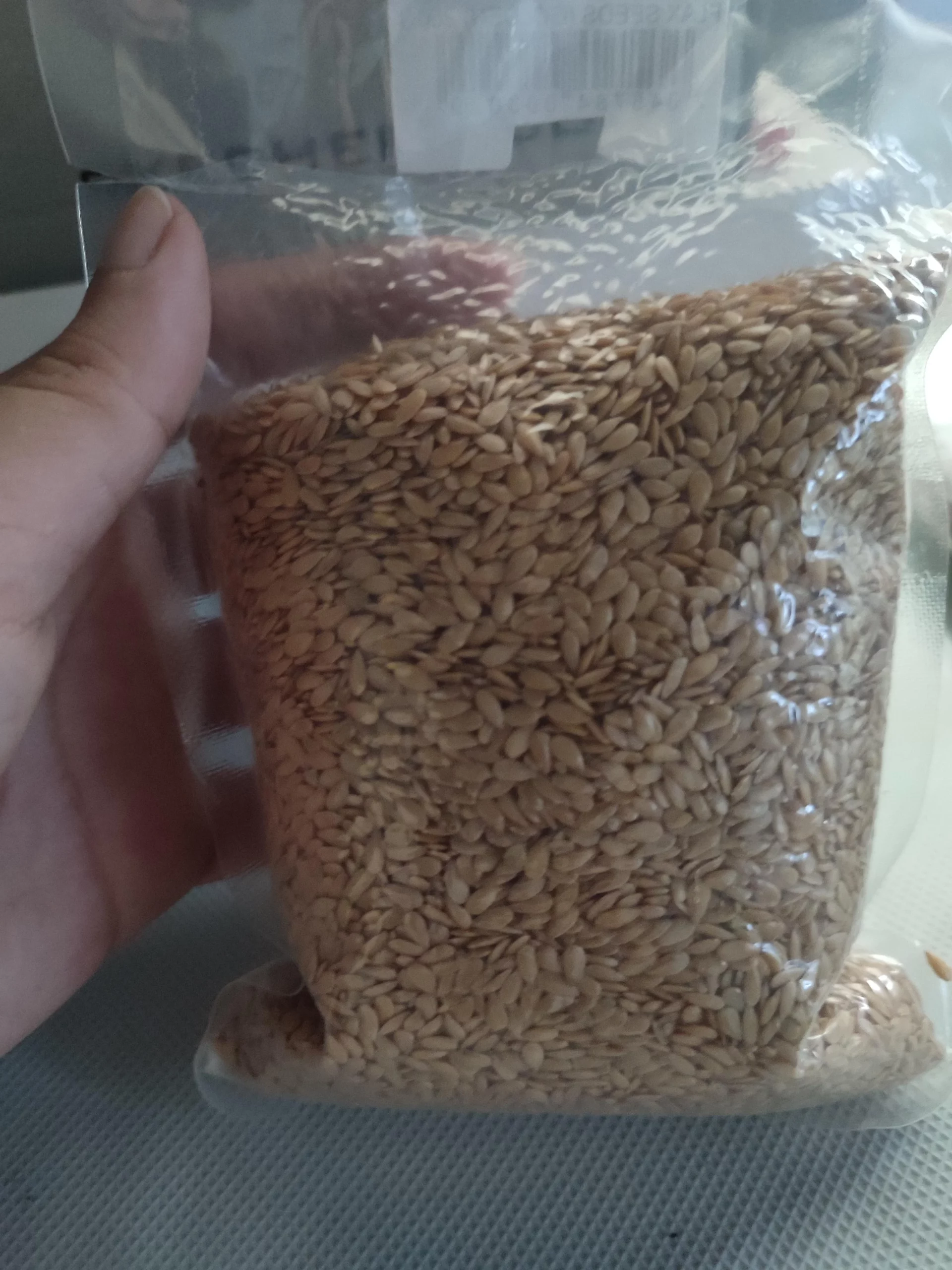 image source: reddit.com
image source: reddit.com
Omega-3 fatty acids are essential fats that have anti-inflammatory properties and may help reduce inflammation in the liver and throughout the body. Include foods high in omega-3 fatty acids in your diet, such as fatty fish like salmon, mackerel, and sardines. Vegetarian sources of omega-3s include flaxseeds, chia seeds, and walnuts.Advertisement
Limit Consumption of Red and Processed Meats
image source: reddit.com
Red and processed meats are high in saturated fats and advanced glycation end products (AGEs), which can contribute to inflammation and oxidative stress in the liver. Limit your intake of red and processed meats, including beef, pork, lamb, sausage, bacon, and deli meats.Advertisement
Opt for Organic Foods to Reduce Exposure to Pesticides and Other Chemicals
image source: reddit.com
Choosing organic foods whenever possible can help reduce your exposure to pesticides, synthetic fertilizers, and other harmful chemicals that can impact liver health. Organic farming practices prohibit the use of synthetic pesticides and genetically modified organisms (GMOs), resulting in foods that are less likely to contain harmful residues.Advertisement
Practice Mindful Eating, Paying Attention to Hunger and Fullness Cues
image source: reddit.com
Mindful eating is a holistic practice that emphasizes being fully present and aware during meals. It involves tuning into your body's hunger and fullness cues, savoring the sensory experience of eating, and understanding the emotions associated with food. By eating when genuinely hungry and stopping when satisfied, mindful eating promotes a more intuitive and balanced relationship with food, fostering overall well-being and mindfulness in daily life.
Advertisement
Limit Intake of High-Fructose Corn Syrup and Other Added Sugars
image source: reddit.com
High-fructose corn syrup and other added sugars are commonly found in processed foods and beverages and can contribute to liver fat accumulation and insulin resistance when consumed in excess. Read food labels carefully and avoid products that list high-fructose corn syrup, corn syrup, or other sweeteners high on the ingredient list.Advertisement
Avoid Crash Diets or Extreme Fasting, as They Can Stress the Liver
image source: reddit.com
Crash diets and extreme fasting can put undue stress on your liver and may lead to nutrient deficiencies, dehydration, and other adverse effects. Instead of focusing on quick fixes or drastic measures, prioritize sustainable lifestyle changes that support long-term health and well-being.Advertisement
Gradually Reduce Consumption of Caffeine if It's Excessive
image source: reddit.com
While moderate caffeine consumption is generally considered safe for most people, excessive intake can put strain on the liver and may exacerbate liver-related conditions. If you find yourself consuming large amounts of caffeine regularly, consider gradually reducing your intake to more moderate levels.Advertisement
Eat Smaller, More Frequent Meals to Support Digestion and Metabolism
image source: reddit.com
Eating smaller, more frequent meals throughout the day can help support digestion and metabolism while reducing the workload on your liver. Aim to eat every 3-4 hours to maintain stable blood sugar levels and provide your body with a steady source of energy.Advertisement
Consider a Liver Cleanse or Detox Program Under the Guidance of a Healthcare Professional
image source: reddit.com
Liver cleanses and detox programs are popular for purportedly removing toxins from the body and supporting liver health. While some people may find these programs beneficial, others may experience adverse effects or complications.Advertisement
Incorporate Probiotic-Rich Foods Like Yogurt or Kefir to Support Gut Health, Which Is Linked to Liver Function
image source: reddit.com
Gut health plays a crucial role in liver function, as the liver and gut are closely connected through the gut-liver axis. Probiotics are beneficial bacteria that promote a healthy balance of gut microbiota, which can have positive effects on liver health.Advertisement
Avoid Eating Late at Night to Promote Better Digestion and Sleep Quality
image source: reddit.com
Eating late at night can disrupt digestion and interfere with sleep quality, which can negatively impact liver health and overall well-being. Aim to finish your last meal or snack at least 2-3 hours before bedtime to allow for adequate digestion before lying down.Advertisement
Limit Consumption of Energy Drinks and Other High-Caffeine Beverages
image source: reddit.com
Energy drinks and other high-caffeine beverages can have adverse effects on liver health, especially when consumed in excess. These beverages often contain high amounts of caffeine, sugar, and other stimulants that can put strain on the liver and increase the risk of liver-related conditions.Advertisement
Practice Good Food Hygiene to Prevent Foodborne Illnesses
image source: reddit.com
Practicing good food hygiene is essential for preventing foodborne illnesses, which can put strain on the liver and compromise overall health. Wash your hands thoroughly with soap and water before handling food and after using the restroom, touching pets, or handling raw meat, poultry, or seafood.Advertisement
Reduce Intake of High-Sodium Foods to Support Liver and Heart Health
image source: reddit.com
Excess sodium consumption can contribute to fluid retention, high blood pressure, and liver damage, so it's essential to limit your intake of high-sodium foods. Avoid processed and packaged foods that are high in sodium, such as canned soups, frozen meals, and salty snacks.Advertisement
Choose Whole Grains Over Refined Grains for Added Fiber and Nutrients
image source: reddit.com
Whole grains are rich in fiber, vitamins, minerals, and phytonutrients that are beneficial for liver health and overall well-being. Choose whole grains such as brown rice, quinoa, barley, oats, and whole wheat over refined grains like white rice, white bread, and pasta.Advertisement
Limit Intake of Processed and Packaged Foods, Which Often Contain Additives and Preservatives
image source: reddit.com
Processed and packaged foods often contain additives, preservatives, and other synthetic ingredients that can be harmful to liver health and overall well-being. Read food labels carefully and avoid products that contain artificial flavors, colors, sweeteners, and preservatives.Advertisement
Cook With Healthy Fats Like Olive Oil or Avocado Oil Instead of Butter or Margarine
image source: reddit.com
Cooking with healthy fats such as olive oil, avocado oil, and coconut oil can promote liver health and overall well-being. These fats contain monounsaturated and polyunsaturated fats, which have been shown to have anti-inflammatory and heart-healthy properties.Advertisement
Monitor Your Alcohol Intake During Social Gatherings and Events
image source: Healthline
Social gatherings and events often involve alcohol consumption, which can put strain on the liver and increase the risk of liver-related conditions. Monitor your alcohol intake during these occasions and set limits for yourself to avoid excessive drinking.Advertisement
Practice Portion Control to Avoid Overeating and Excess Calorie Intake
image source: reddit.com
Practicing portion control is essential for maintaining a healthy weight and supporting liver health. Be mindful of serving sizes and avoid oversized portions, which can lead to overeating and excess calorie intake. Use smaller plates, bowls, and utensils to help control portion sizes and prevent overindulgence.Advertisement
Plan Meals Ahead of Time to Make Healthier Choices and Avoid Impulse Eating
image source: reddit.com
Planning meals ahead of time can help you make healthier choices and avoid impulse eating, which can be detrimental to liver health and overall well-being. Take time to plan your meals for the week, including breakfast, lunch, dinner, and snacks.Advertisement
Find Healthy Alternatives to Your Favorite Comfort Foods
image source: reddit.com
Finding healthy alternatives to your favorite comfort foods can help you enjoy the flavors and textures you love while supporting liver health and overall well-being. Experiment with recipes that use wholesome ingredients and cooking methods, such as baking, grilling, or steaming, instead of frying.Advertisement
Get Regular Check-Ups and Screenings to Monitor Liver Health
image source: reddit.com
Regular check-ups and screenings are essential for monitoring liver health and detecting any potential issues early on. Schedule routine appointments with your healthcare provider to discuss your liver health and any risk factors you may have.Advertisement
Engage in Hobbies and Activities That Reduce Stress and Promote Relaxation
image source: reddit.com
Engaging in hobbies and activities that reduce stress and promote relaxation can have positive effects on liver health and overall well-being. Find activities that you enjoy and make time for them regularly, whether it's practicing yoga, gardening, painting, or spending time outdoors.Advertisement
Surround Yourself With a Supportive Network of Friends and Family
image source: reddit.com
Having a supportive network of friends and family can provide emotional support and encouragement, which is essential for maintaining liver health and overall well-being. Surround yourself with people who uplift and inspire you, and who understand and respect your health goals.Advertisement
Seek Professional Help if You're Struggling With Substance Abuse or Mental Health Issues
image source: Indy100
Substance abuse and mental health issues can have significant impacts on liver health and overall well-being, so it's essential to seek professional help if you're struggling. Reach out to a healthcare provider, therapist, or counselor for support and guidance in addressing substance abuse or mental health concerns.Advertisement
Practice Gratitude and Mindfulness to Cultivate a Positive Outlook on Life
image source: reddit.com
Cultivating a positive outlook on life through gratitude and mindfulness can have profound effects on liver health and overall well-being. Take time each day to reflect on the things you're grateful for and express appreciation for the blessings in your life.Advertisement
Set Realistic Goals for Improving Your Health and Take Small Steps Towards Achieving Them
image source: reddit.com
Setting realistic goals for improving your health and taking small steps towards achieving them is key to long-term success and sustainability. Identify areas of your health that you'd like to improve, such as diet, exercise, stress management, or sleep habits, and set specific, achievable goals in each area.Advertisement
Remember That Taking Care of Your Liver Is an Ongoing Process, So Be Patient and Consistent With Your Efforts
image source: reddit.com
Taking care of your liver is an ongoing process that requires patience, consistency, and dedication. Understand that meaningful changes take time to implement and that progress may not always be linear. Be patient with yourself and stay committed to your health goals, even when faced with challenges or setbacks.Advertisement


